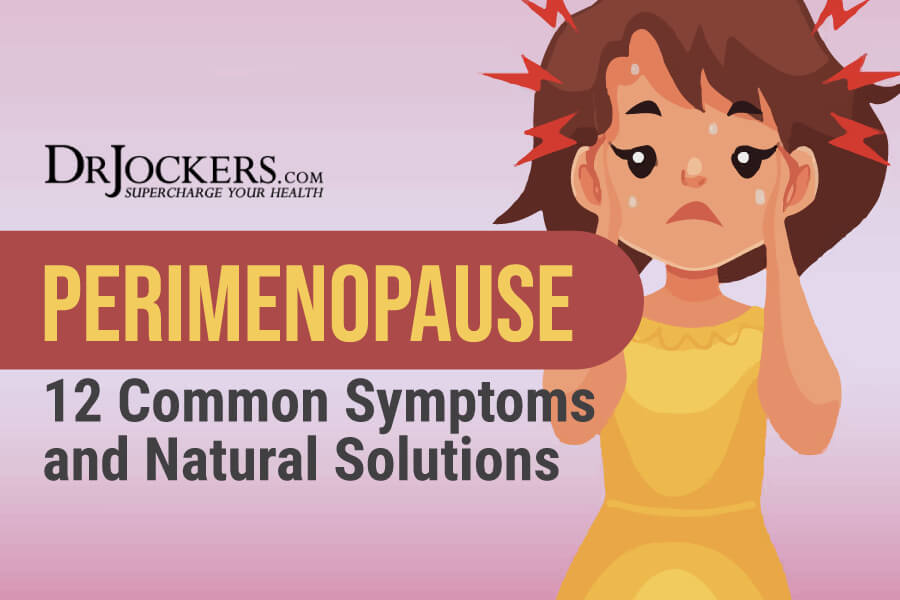 Perimenopause: Common Symptoms and Natural Solutions
Perimenopause: Common Symptoms and Natural Solutions
Perimenopause is a natural transition process in the female body. During this time, your body begins to produce less estrogen and undergoes some hormonal changes. Perimenopause can be a difficult time for many women due to a list of uncomfortable symptoms. However, with some natural dietary and lifestyle strategies, you can reduce and shorten these symptoms and create health and happiness during perimenopause.
In this article, you will become familiar with what perimenopause is, the difference between pre-menopause, perimenopause, and menopause, the hormonal changes during this transitional period, the symptoms of perimenopause and major causes for prolonged symptoms. I will also share with you some proven natural solutions that can help to relieve your symptoms of perimenopause, including my favorite supplements.
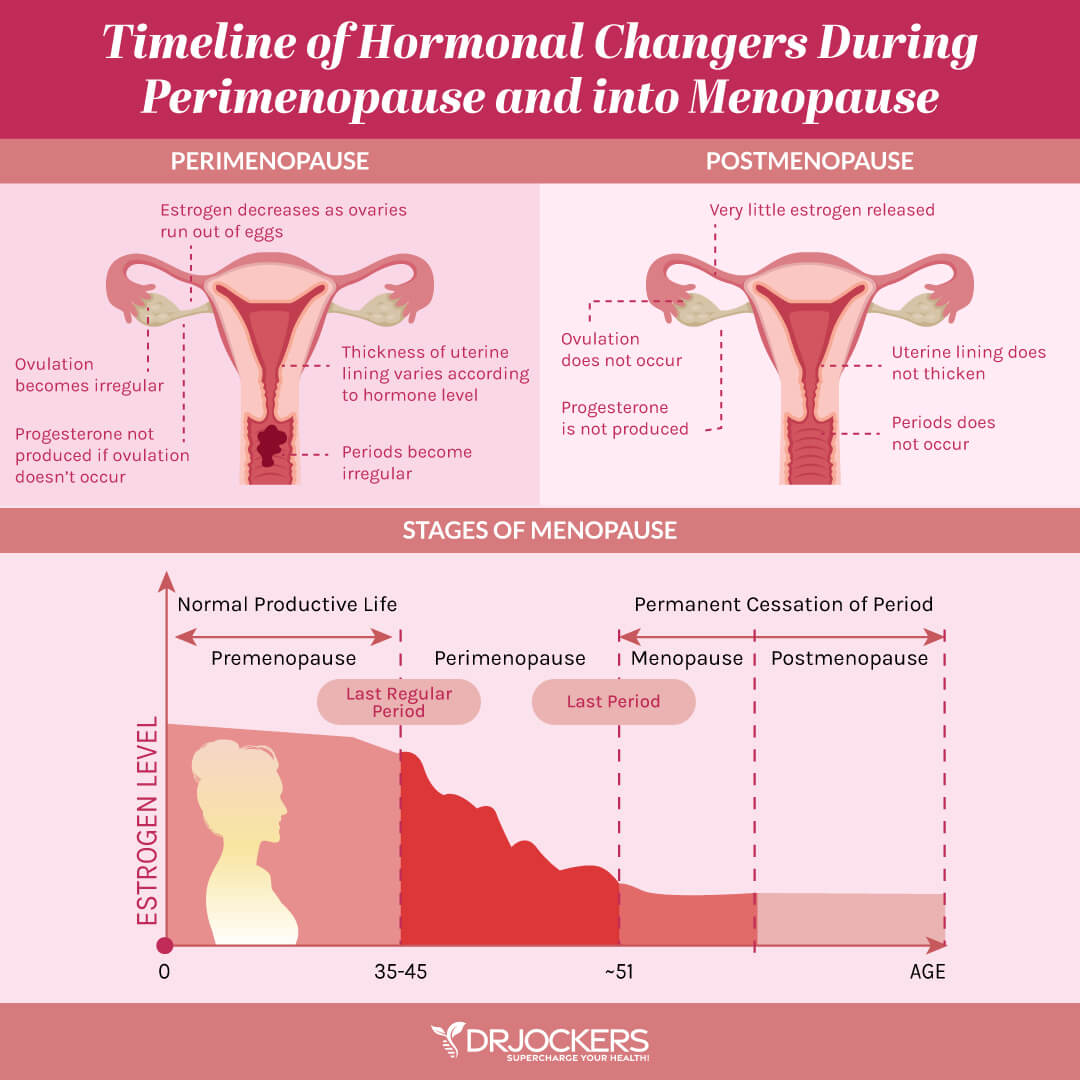
What is Perimenopause
When women reach a certain age, they begin to experience symptoms of menopause even before actually reaching menopause. This period is called perimenopause.
Perimenopause is a natural transition process taking place in your body as it begins to produce less estrogen. Estrogen is one of the female hormones that promotes the development and maintenance of female characteristics of the body.
Because your ovaries produce less estrogen than before, your periods may become irregular and you may start skipping your period until you stop having them completely. When you have stopped having your period for an entire year, you’ve officially reached menopause. This usually happens around age 51 for the average American woman.
You may experience perimenopausal symptoms, including hot flashes, vaginal dryness, difficulty sleeping and changes in metabolism a few months or even a few years before reaching menopause. Remember, just like menopause, perimenopause is a natural part of life as a woman in a female body. However, it is possible to reduce uncomfortable symptoms through natural methods, including diet and lifestyle strategies, while embracing this new chapter in your life (1).
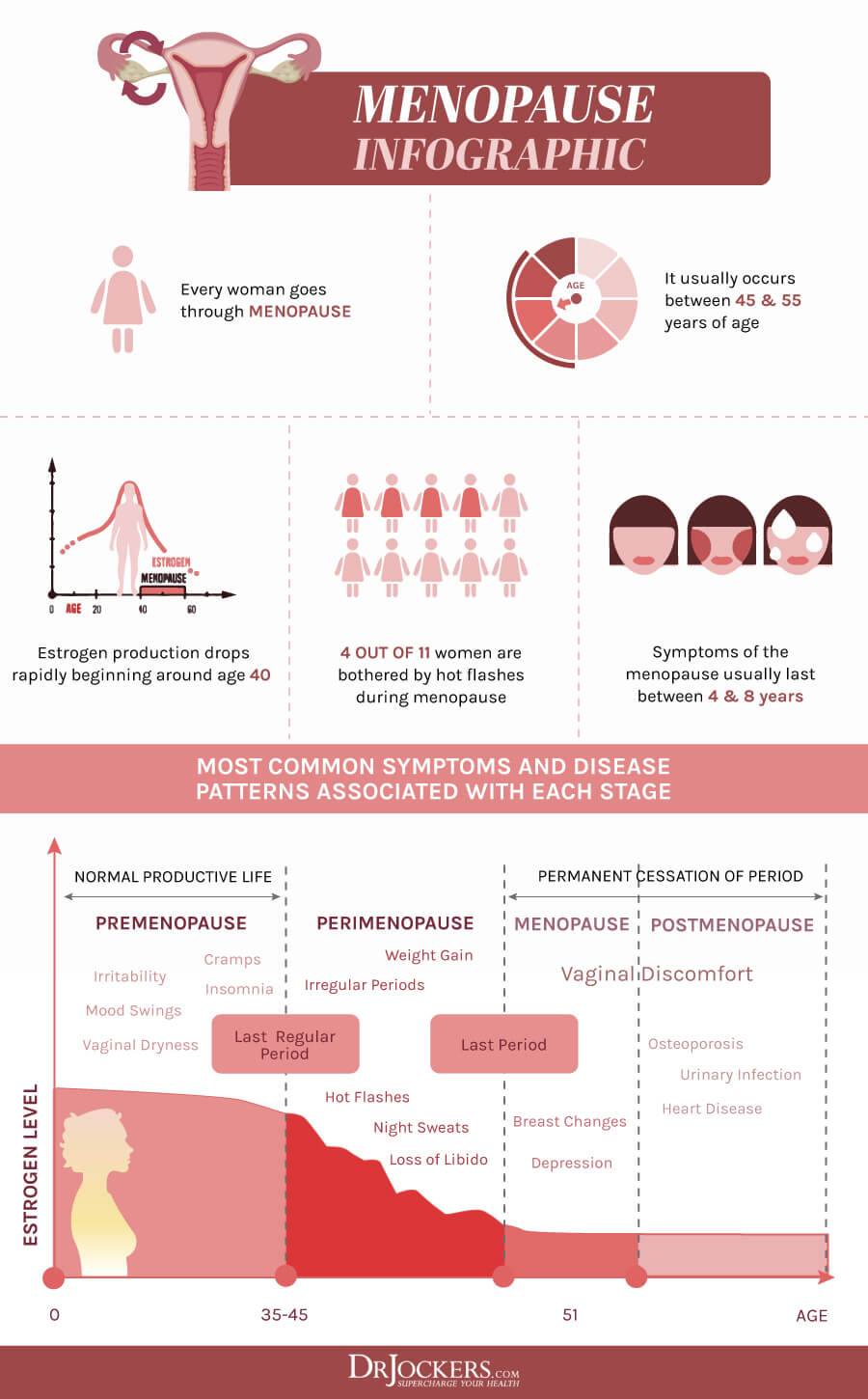
Difference Between Pre-Menopause, Perimenopause and Menopause
The reproductive life of a woman is divided into three major periods:
- The years of active reproduction and fertility, starting with your first period
- The menopausal years, including perimenopause
- The post-menopausal years
When people talk about ‘menopause’, they are usually referring to a period that’s divided into pre-menopause, perimenopause, menopause, and post-menopause (2).
Premenopause vs Perimenopause
Premenopause and perimenopause both refer to specific parts of the period of time leading up to your menopause. Though they are often used interchangeably, they technically refer to different parts of this period of hormonal change.
During pre-menopause, some hormonal changes may already be occurring in your body. However, you don’t experience physical symptoms, you still have periods (regular or irregular) and there are no noticeable physical changes in your body yet. During perimenopause, you begin to experience signs and symptoms and some physical changes, including irregular periods, hot flashes, mood changes, hair loss, weight gain, and more.
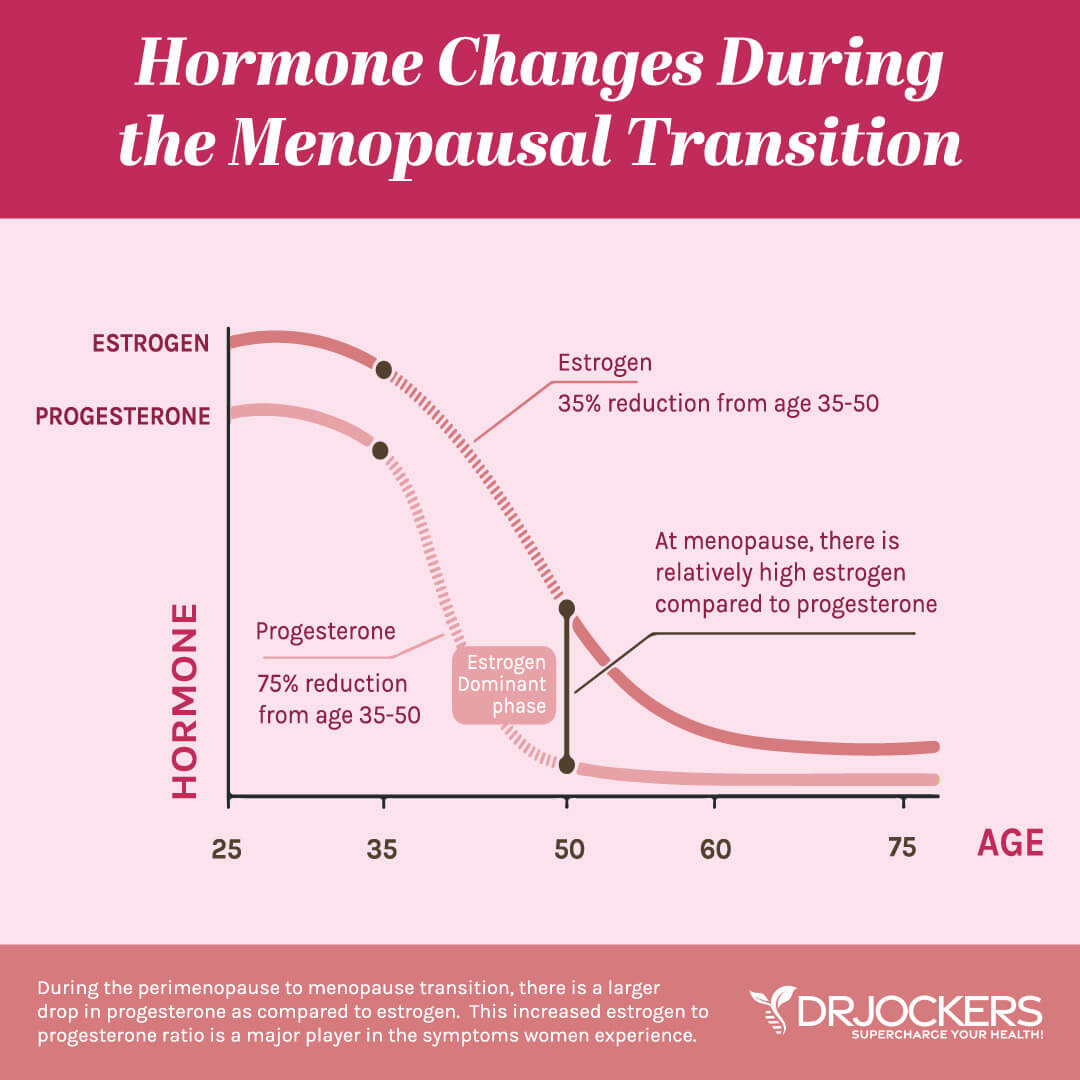
Perimenopause and Menopause Time Frame
Menopause refers to the time period that begins 12 months after your last period. Perimenopause begins long before you officially reach menopause. You may enter pre-menopause in your 30s or 40s, and start perimenopause sometimes in the 40s and in some cases from up to 8 to 10 years before menopause.
For some women perimenopause is a gradual process that goes unnoticed for years while occurring naturally with other happenings in life, yet for other women the changes are more sudden or drastic. Dietary and lifestyle factors may significantly improve your experience during perimenopause and menopause (3).
During perimenopause, your estrogen levels decrease or may go up and down sporadically resulting in irregular and skipped periods along with other symptoms. During the final stages, your estrogen levels fall significantly until you finally enter menopause.
While estrogen levels drop greatly during perimenopause and you may experience irregular periods, it is still possible to become pregnant during this time. When you reach menopause, your ovaries produce very little estrogen, so eggs cannot be released anymore causing your period to stop. Once this happens, you won’t be able to become pregnant anymore. You will officially reach menopause after a full year without having a period (4 5).
While the average American woman reaches menopause around age 51, you may enter menopause earlier than normal if you had a hysterectomy or oophorectomy or if you have undergone cancer treatments, are a smoker, or have a family history of early menopause (6, 7).

Hormone Changes That Occur During Perimenopause
Estrogen is what we refer to as the primary ‘female hormone’. During your reproductive years, estrogen levels rise and fall throughout your menstrual cycle. Estrogen is mainly controlled by your follicle-stimulating hormone (FSH) and luteinizing hormone (LH) to stimulate your ovary to release an egg during ovulation.
Estrogen causes the lining of your uterus to thicken during menstruation. It helps to maintain vaginal blood flow and lubrication, maintains the elasticity of your vaginal lining, stimulates your breast tissue growth, and helps with many other bodily functions, including preserving bones. During perimenopause, your estrogen levels fluctuate, decline, and become unpredictable. By menopause, estrogen levels drop so low that periods stop completely (8, 9).
When it comes to menopause, we commonly mention a decline in estrogen. However, there are two other sex hormones called progesterone and testosterone which also decline during this period.
Progesterone is an important female hormone. It prepares the lining of your uterus for a fertilized egg and it is necessary to maintain early pregnancy. Once ovulation stops and after your last period, progesterone production will stop. The lack of progesterone may lead to irregular, or even heavier periods than normal during perimenopause (9).
Testosterone is a hormone we often refer to as the ‘male hormone’. However, it plays an important role in female sexual health as well. Testosterone contributes to a healthy libido, plays an important role in estrogen production and helps to maintain muscle and bone mass.
Testosterone levels reach their peak in your 20s and then start to decline. By menopause, your levels of testosterone are at half of their peak. While your ovaries continue to produce testosterone even after estrogen productions stops with menopause, its levels continue to decline. It is not fully clear how a decline in testosterone may affect your perimenopausal and menopausal symptoms (9).
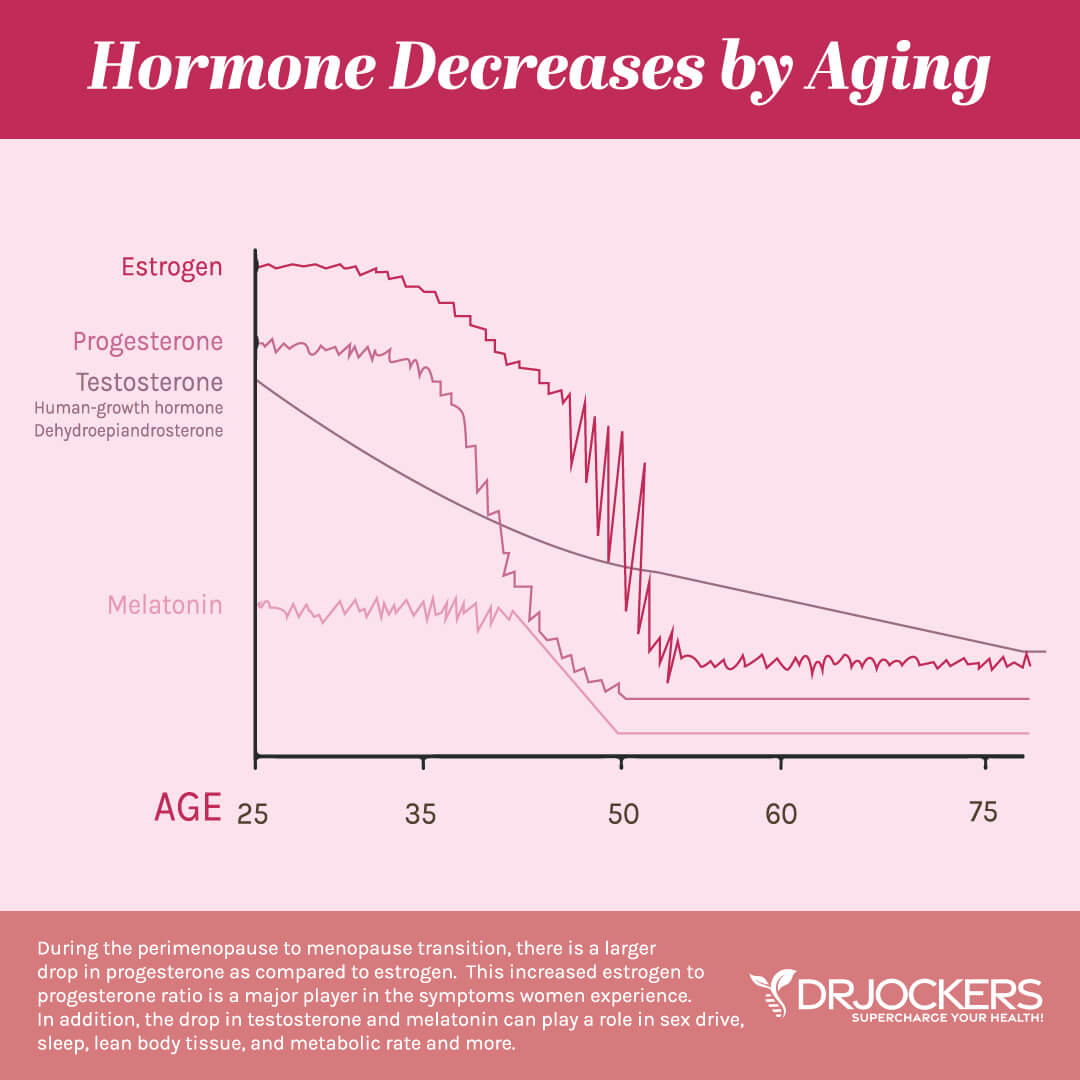
Most Common Symptoms During Perimenopause
Your experience with perimenopause is personal. Most women tend to start noticing symptoms in their 40s, around age 47 on average. The list of common symptoms of perimenopause is long. However, this doesn’t mean you will experience all of them.
Each woman’s experience is unique with a mix of symptoms. As you will learn later, with appropriate dietary and lifestyle strategies, you can decrease the severity or even completely eliminate your symptoms.
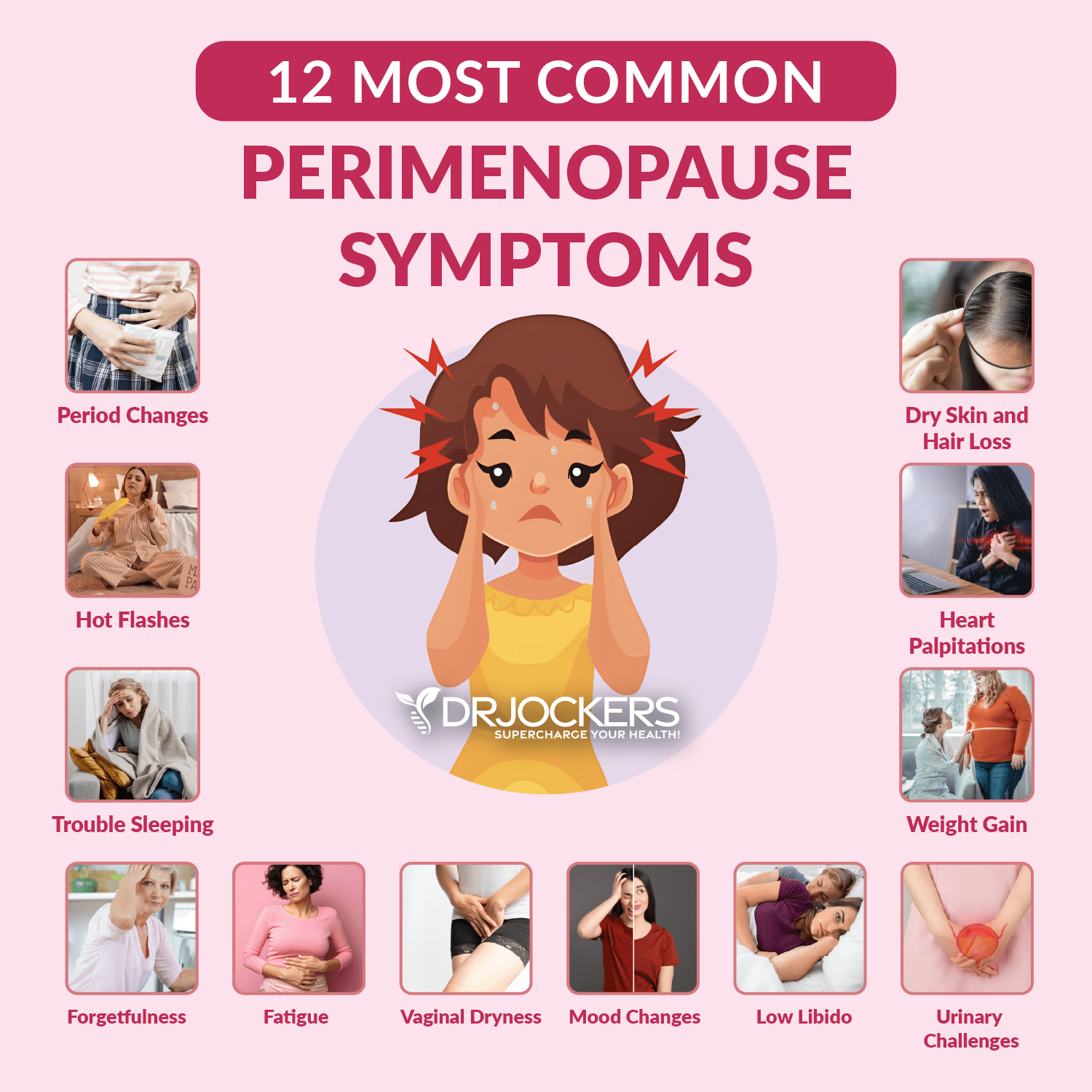
Period Changes
During perimenopause, your body is adjusting to hormonal changes. Changes in your menstrual cycle are normal during this time. You may experience shorter or longer periods than normal. You may experience heavier bleeding at times and less bleeding other times. You may start skipping periods as well.
While irregular periods and other period changes are normal signs of perimenopause, abnormal bleeding may also be a sign of a more serious medical problem. It is important to talk to your doctor to make sure that the changes you are experiencing are due to perimenopause.
Hot Flashes During Perimenopause
Hot flashes are a common complaint among perimenopausal women. Hot flashes are sudden feelings of heat around your chest area and face. The experience itself may differ among women and may be more severe in some women than in others. In some cases, it may only be a minor interruption. And while some women may experience several hot flashes per day on a regular basis, other women may only have one occasionally.
Night sweats are another common symptom of perimenopause. Night sweats are hot flashes that occur at night during sleep. They can interrupt your sleep cycle, may wake you up, and may result in morning and daytime fatigue.
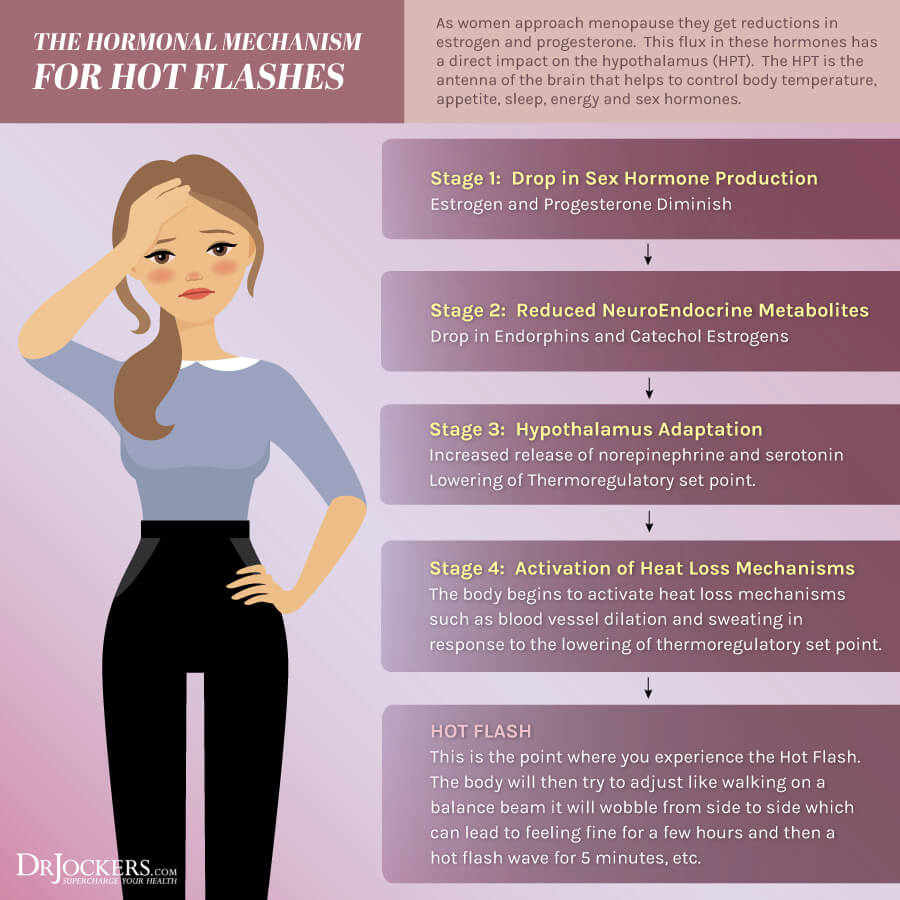
Trouble Sleeping During Perimenopause
During perimenopause, your body’s production of estrogen and progesterone declines. Besides regulating your menstrual cycle and reproductive functions, these hormones also affect your sleep.
Among many of its functions, estrogen promotes healthy sleep. It helps your body to use serotonin and other neurochemicals to achieve a higher quality of sleep without wakefulness and disturbances. A decrease in estrogen may lead to sleeping difficulties and insomnia.
Progesterone, which helps to balance the effects of estrogen during your menstrual cycle, also helps to promote sleep. Progesterone is a feel-good hormone that helps relaxation, and to achieve a sense of calm, and sleep. It also helps the production of GABA, which is a sleep-promoting neurotransmitter. A drop in progesterone production may lead to trouble sleeping, frequent awakening during the night, and restlessness (10).
Fatigue
Hormonal changes in your body may not only lead to insomnia and sleep problems but fatigue as well. If you are rolling around at night and waking up often due to sleep problems and night sweats, then you may be fatigued during the day.
Mood changes, including depression, may also lead to more tiredness than normal. Overall, your body is going through many changes which requires a lot of energy and may lead to more fatigue than previously.
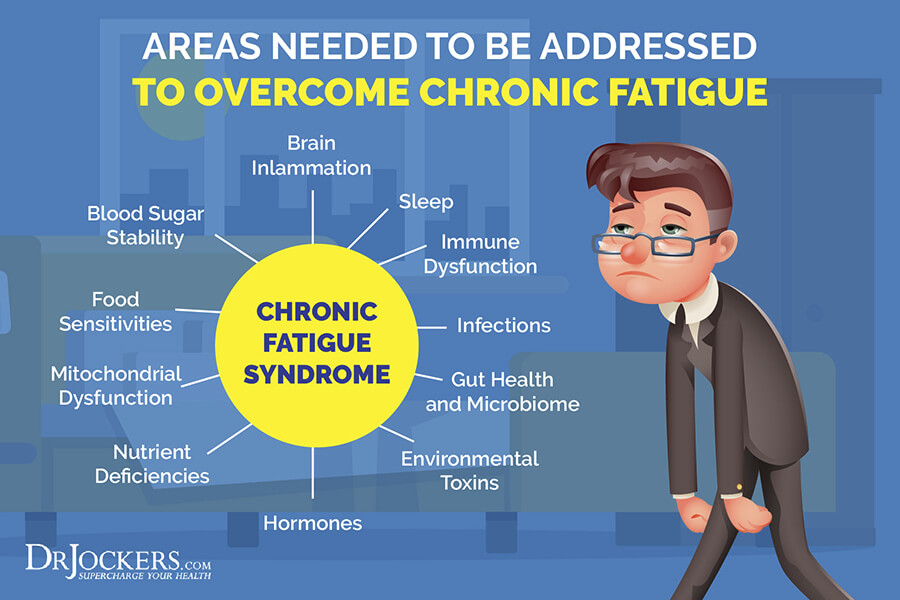
Forgetfulness
Hormonal changes may also affect your memory and concentration. Studies show that perimenopause may affect your learning, memory, and thinking skills. Forgetfulness, difficulty focusing, and problems with concentration are common symptoms during perimenopause (11, 12).
If you are somewhat more forgetful or spaced out than normal, chances are that there is nothing to worried about. However, if you are experiencing more serious memory problems, such as repeating questions or comments, forgetting how to use common objects, getting lost in familiar places, neglecting hygiene and having trouble carrying out regular activities, then it is important to visit your doctors. Alzheimer’s disease, head injuries, infections, thyroid problems, depression, alcoholism, some medications, and other issues may be the culprit behind your symptoms.
Vaginal Dryness
Estrogen is responsible for keeping your vagina well lubricated with the help of a thin layer of fluid and for maintaining this fluid. It is also responsible for keeping your vagina healthy, thick and elastic.
Reduced estrogen production during perimenopause may lead to vaginal dryness or vaginal atrophy. This symptom is not only common in women, but may also worsen with age through menopause and postmenopause. Vaginal dryness may make sex more uncomfortable. The loss of vaginal fluid and lower lubrication may move bacteria out of your body which may lead to more urinary tract infections during perimenopause.
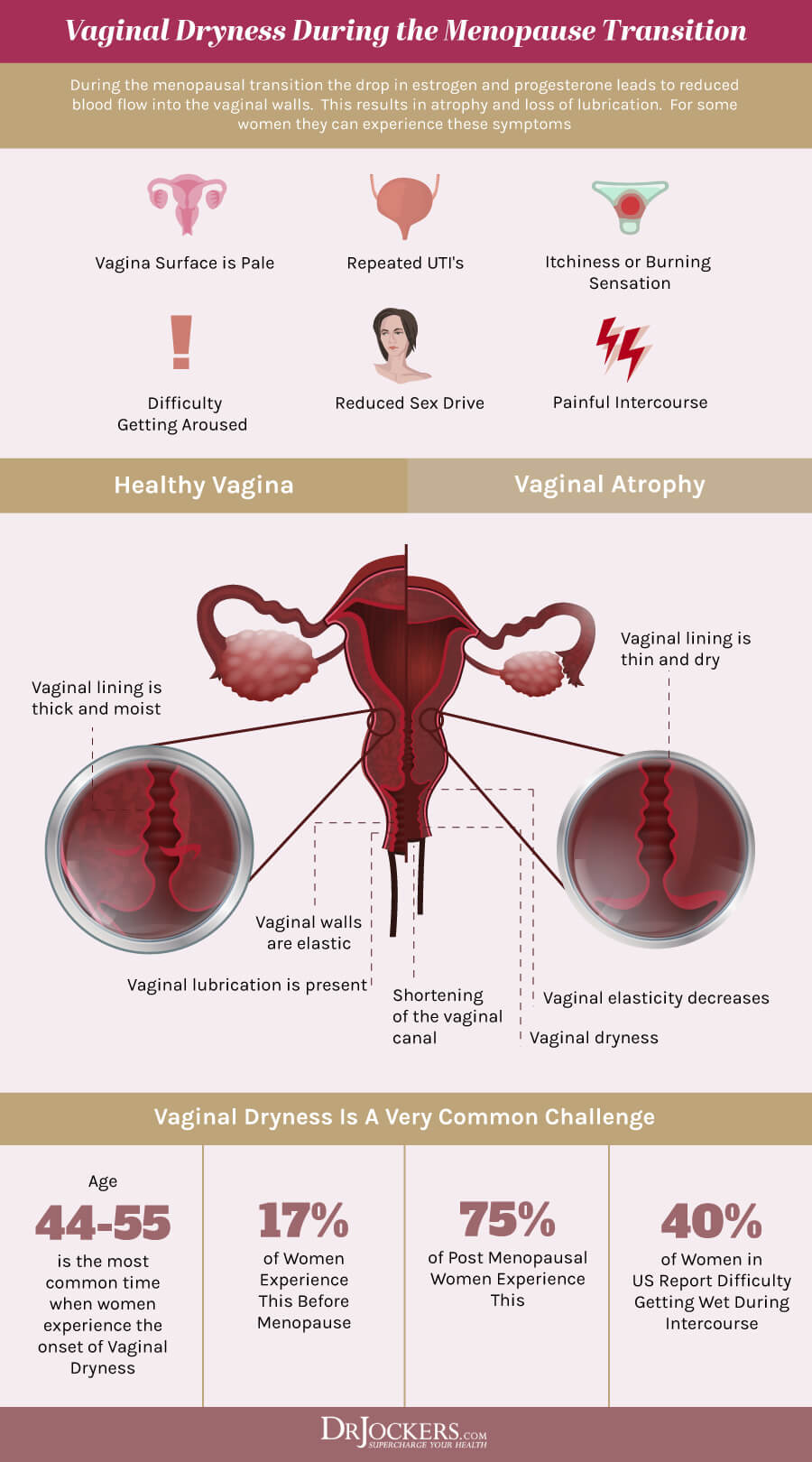
Mood Changes
Hormonal changes, mood changes and mood swings are common during perimenopause. Feeling more irritable than usual or experiencing mood changes regularly is normal, however, if you are experiencing depression, anxiety, or other mood-related symptoms that are affecting your quality of life, you may benefit from support from a mental health professional.
The risk of mood disorders, including depression and anxiety, is higher during perimenopause. Besides hormonal changes, one reason behind this may be an enzyme called MAO-A, which is tied to depression. Research has found that perimenopausal women have 34 percent higher levels of MAO-A compared to younger women. In menopausal women, this number was 16 percent higher than in younger women (13).
Low Libido
During perimenopause, your estrogen levels decrease resulting in reduced blood flow to the genital area and various changes occur in your sexual organs. Your uterus, ovaries, and cervix become smaller and narrower.
Your labia becomes smaller and your clitoris shrinks as well. They may become less sensitive than before. Increased vaginal dryness may cause more discomfort and may affect your sex drive as well. Furthermore, increased fatigue and mood changes may also affect your sex drive.
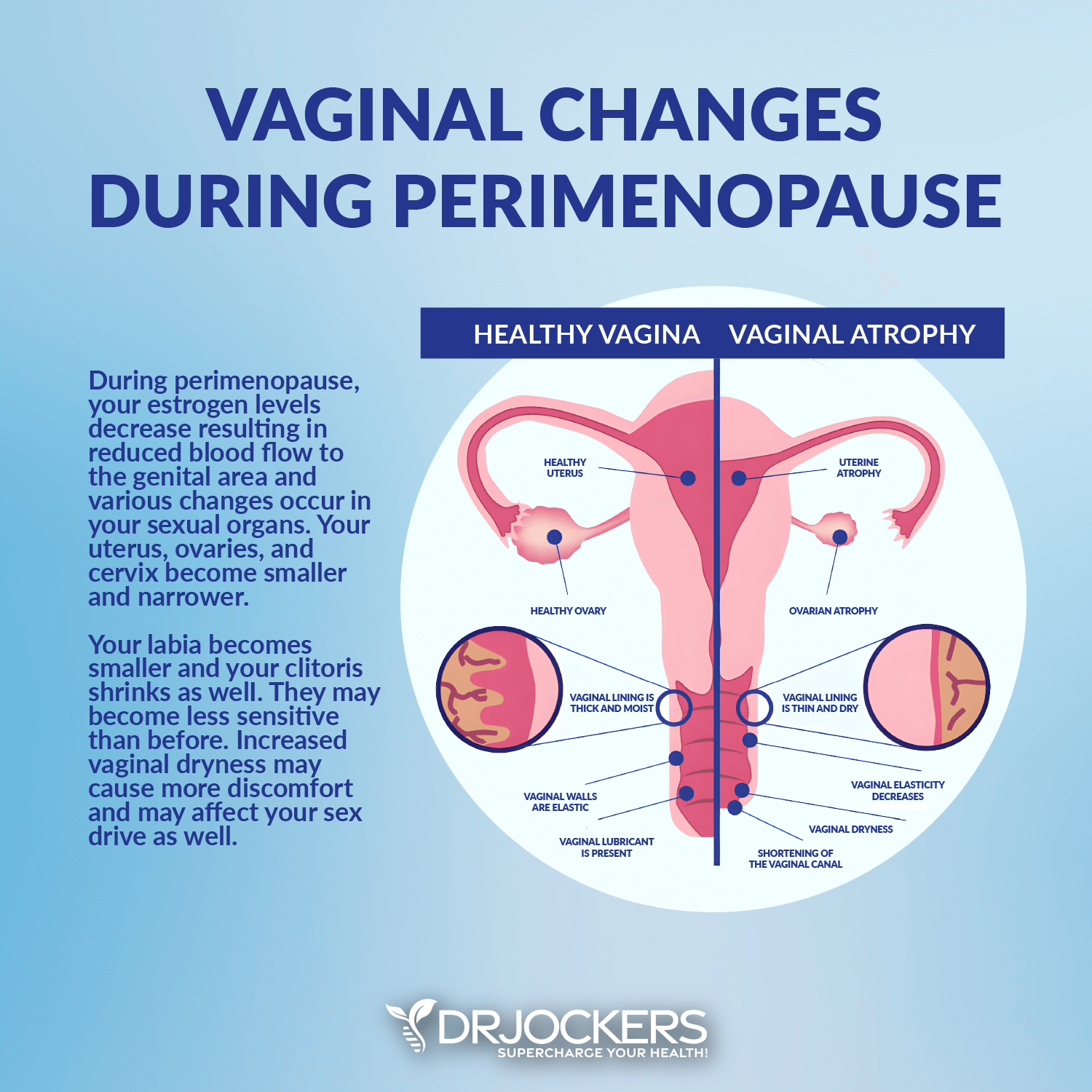
Urinary Challenges
Hormonal changes cause not only your vagina and sexual organs to change, but also the lining of your bladder and urethra to thin. Coupled with vaginal fluid loss your risk of urinary tract infections may increase and also lead to urinary incontinence or loss of bladder control.
Dry Skin and Hair Loss
Other commons symptoms of perimenopause are changes in your skin and hair. As your estrogen levels drop, collagen and water will decrease in your skin, leading to less firmness and more dryness.
An imbalance between estrogen and a male hormone called androgen may also lead to some hair loss in women. Thinning of the hair usually happens in the front of your head or at the top of your scalp.
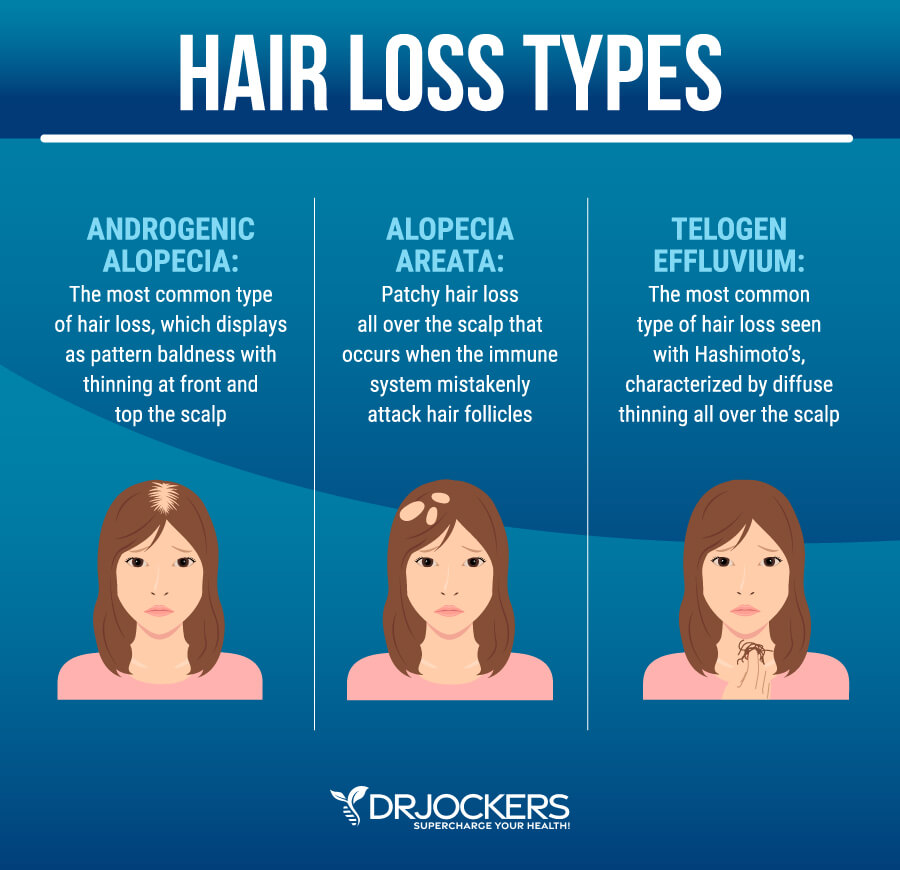
Heart Palpitations
Heart palpitations are strong, rapid or irregular heartbeats. They may occur in women due to hormone fluctuations, as well as changes in your blood vessels, heart, and autonomic nervous system.
You may experience heart palpitations during hot flashes, headaches, muscle spasms, or anxiety. Since heart palpitations may also be a sign of thyroid problems or anemia, it is important to visit your doctor to ensure they are due to perimenopause.
Weight Gain
During perimenopause, your metabolism slows down, your muscle mass changes, and your bone density decreases as well. As a result, gradual weight gain is common among perimenopausal women.
This weight gain is particularly common around your waistline, which may be due to fat redistribution due to estrogen loss. Furthermore, your body may have a more difficult time digesting carbohydrates as you are approaching menopause. Eating a nutrient-dense diet and moving your body becomes particularly important during this period (14).
Causes for Prolonged Perimenopause Symptoms
The symptoms and severity of perimenopause are unique to each woman. While some women sail through it smoothly, others have a much more difficult time with more severe symptoms over a longer period of time. If you understand the major causes of prolonged symptoms of perimenopause, you can identify strategies to reduce your symptoms and to feel good during this transitional period.
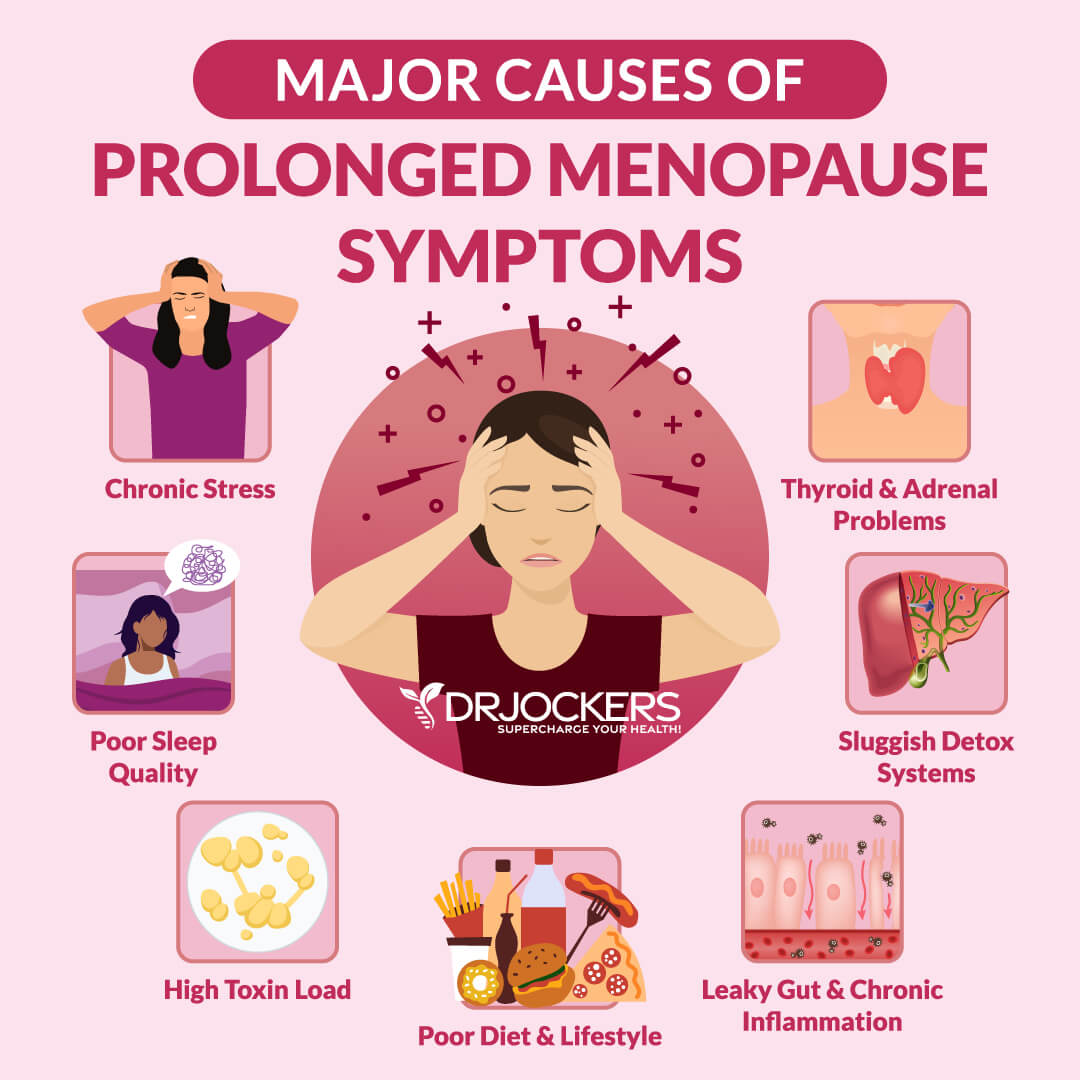
High Amounts of Stress
While many women experience perimenopause stress due to hot flashes, weight gain and other symptoms, they may not know that high amounts of stress could prolong and increase the symptoms of perimenopause. Women in their 40s tend to have busy and stressful jobs with demanding obligations at home and at work.
Many perimenopausal women have preteen or teenage children at home, or even college-age kids leaving the house. They may have aging parents or have recently lost a parent. They may be going through changes in their relationships or family dynamics. Many may be taking on more demanding roles at work or going through changes in their careers.
The symptoms of stress may be very similar to the symptoms of perimenopause, including fatigue, insomnia, low sex drive, low energy, increased frustration, mood changes, inability to focus, and weight gain. Having the same symptoms due to both perimenopause and chronic stress, may worsen your experience and prolong your symptoms.
Signs of chronic stress may also lead to health problems, including depression, anxiety, digestive troubles, increased heart rate, increased infections, and risk of chronic illness, all of which may worsen your symptoms of perimenopause (15).
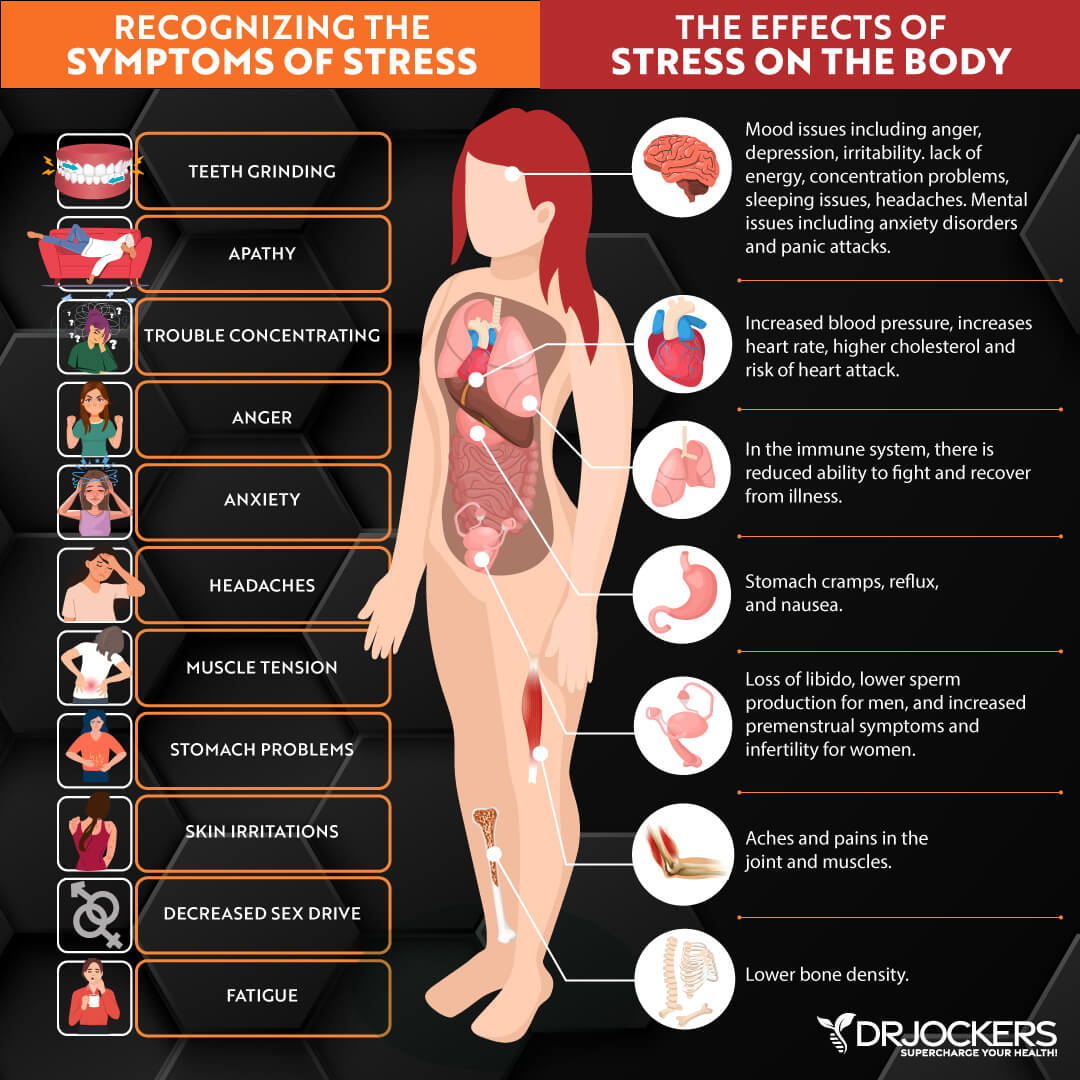
Poor Diet and Lifestyle
What you eat and how you treat your body affects how you feel overall. Perimenopause is a natural part of life as a woman and the proper diet and lifestyle may reduce your symptoms, while a poor diet and lifestyle may increase and prolong your symptoms.
Eating a diet high in inflammatory foods can increase inflammation in your body, which can lead to increased fatigue, pain, and disease. Eating too much sugar and refined carbs can create blood sugar imbalances, fuel further hormonal fluctuation, and increase the risk of weight gain.
Since it mimics estrogen, too much soy can increase vaginal dryness and hot flashes. Eating a low-fat diet may also lead to issues. Low-fat diets are high in carbohydrates. Since your body has increased difficulties digesting carbs during perimenopause, a diet low in good fats and high in carbs may lead to increased weight gain.
Hormonal fluctuations may also decrease your body’s ability to regulate fluids. Not drinking enough fluids may lead to dehydration which can lead to heart palpitations, fatigue, and dry skin, which are all signs of perimenopause (16, 17, 18, 19, 20).
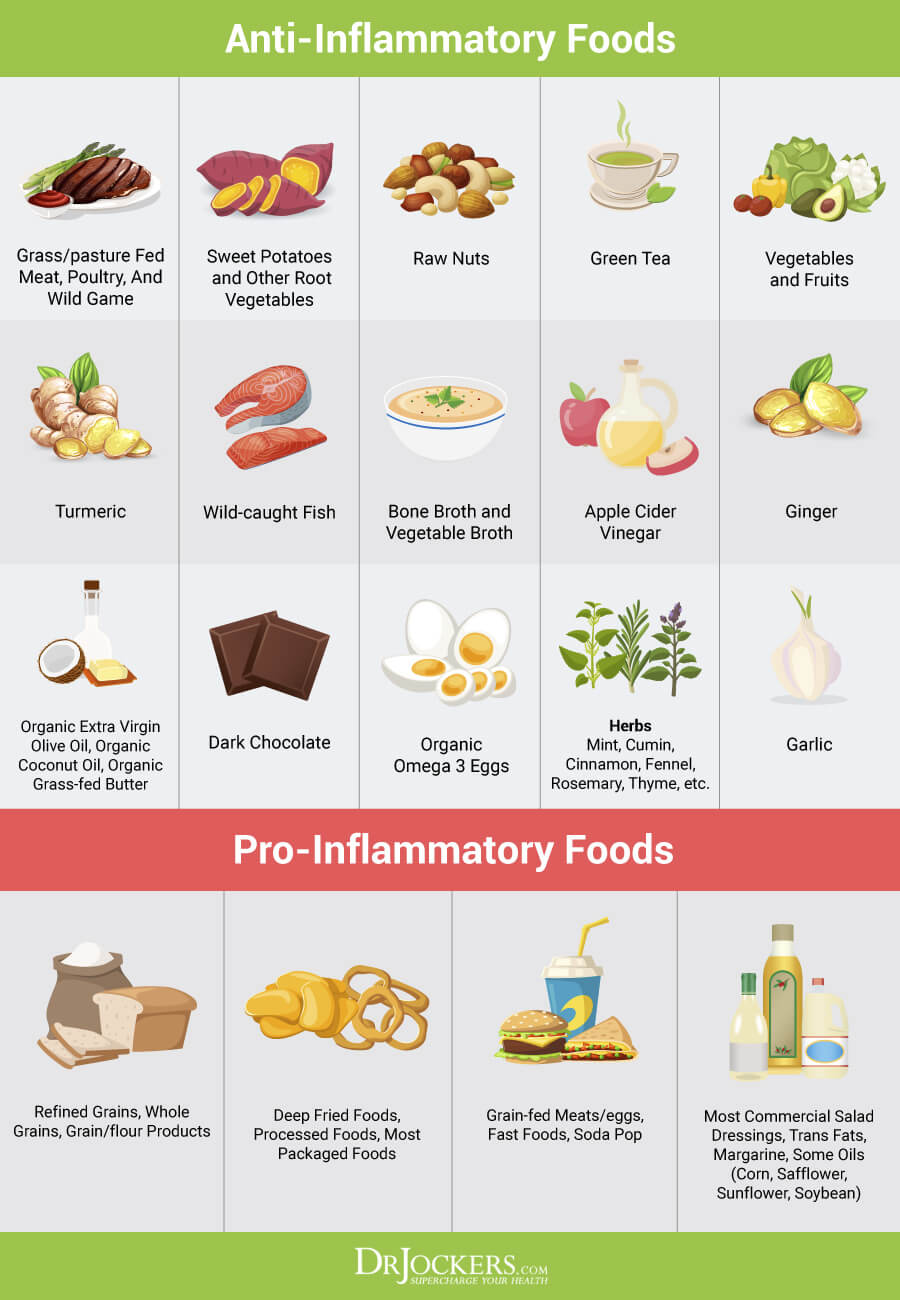
Chronic Toxin Exposure
Environmental toxins are everywhere. They are in our food, hygiene products, and the air around us. Chemicals found in household cleaners and beauty products, cigarette smoke, and medications can disrupt your hormones and increase your perimenopause symptoms (21).
Xenoestrogens are substances that are similar in structure to estrogen. They are ‘foreign estrogens’ that can bind to estrogen receptor sites compromising your healthy hormonal function and leading to potentially dangerous health consequences.
Xenoestrogens are commonly found in conventional and non-organic beauty and body care products, such as deodorant, shampoo, conditioner, and facial care products. They include some widely used industrial compounds, including BPA, PCBs, and phthalates. Xenoestrogens have been linked to the increased risk of fertility problems, increased perimenopause symptoms, and breast cancer (22, 23, 24).
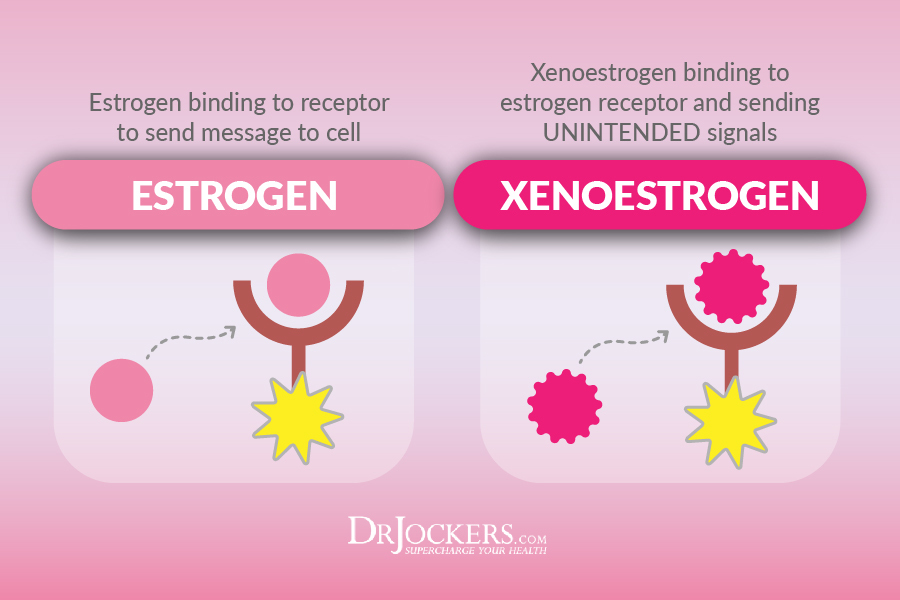
Leaky Gut and Chronic Inflammation
Naturally, your gut is a semi-permeable organ designed to allow micronutrients to pass through into the bloodstream. This allows your body to properly digest nutrients from your food. However, eating a diet high in inflammatory foods, and being exposed to toxins, stress, and infections can result in bigger holes in your intestinal wall. This damaged cell lining in your intestines is called leaky gut syndrome.
When your gut becomes leaky, larger particles including undigested food particles, toxins, and microbes can sneak through into your bloodstream. Since this is not normal, your immune system will recognize them as pathogens and foreign invaders. To protect you from these invaders, your body will release an immune response which can lead to long-term inflammation.
Leaky gut syndrome is characterized by digestion problems, such as gas, bloating, constipation, or diarrhea. It can lead to more serious health issues, including autoimmune diseases and chronic inflammation. Chronic inflammation can overwhelm your immune system.
Your body feels constantly under attack, and as a result, it has a difficult time lowering your perimenopausal symptoms. Instead, it may actually increase and prolong them. Chronic inflammation can also lead to a variety of health problems, including metabolic syndrome, non-alcoholic fatty liver disease, type 2 diabetes, cancer, asthma, Alzheimer’s disease, and heart disease (25, 26).
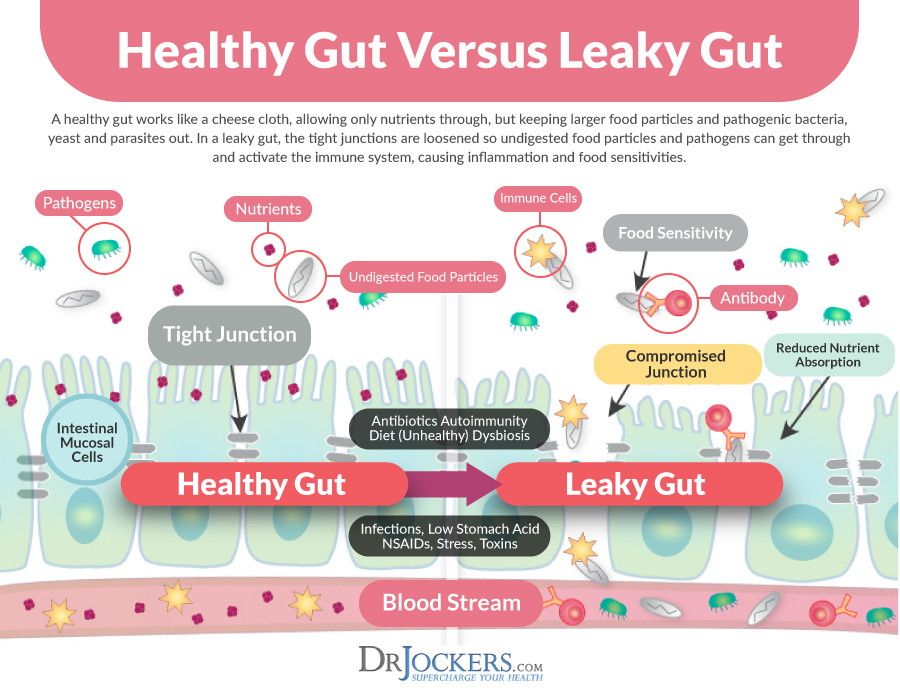
Sluggish Detox Systems
Your liver is your largest solid organ. It is responsible for some crucial metabolic processes in your body, including breaking down or converting substances, extracting energy, making toxins less harmful to your body, and removing toxins from your system. If you have a sluggish liver, your body cannot detox properly.
A sluggish liver may result in hormonal imbalances, digestive problems, blood sugar imbalances, and other symptoms. These symptoms may correspond with or increase your symptoms of perimenopause.
If you have compromised digestion due to an inflammatory diet, stress, and toxins, it compromises the way your body gets rid of toxins. At the same time, it increases toxicity inside your body that may further compromise your liver and overall health and increase your symptoms of perimenopause (27).
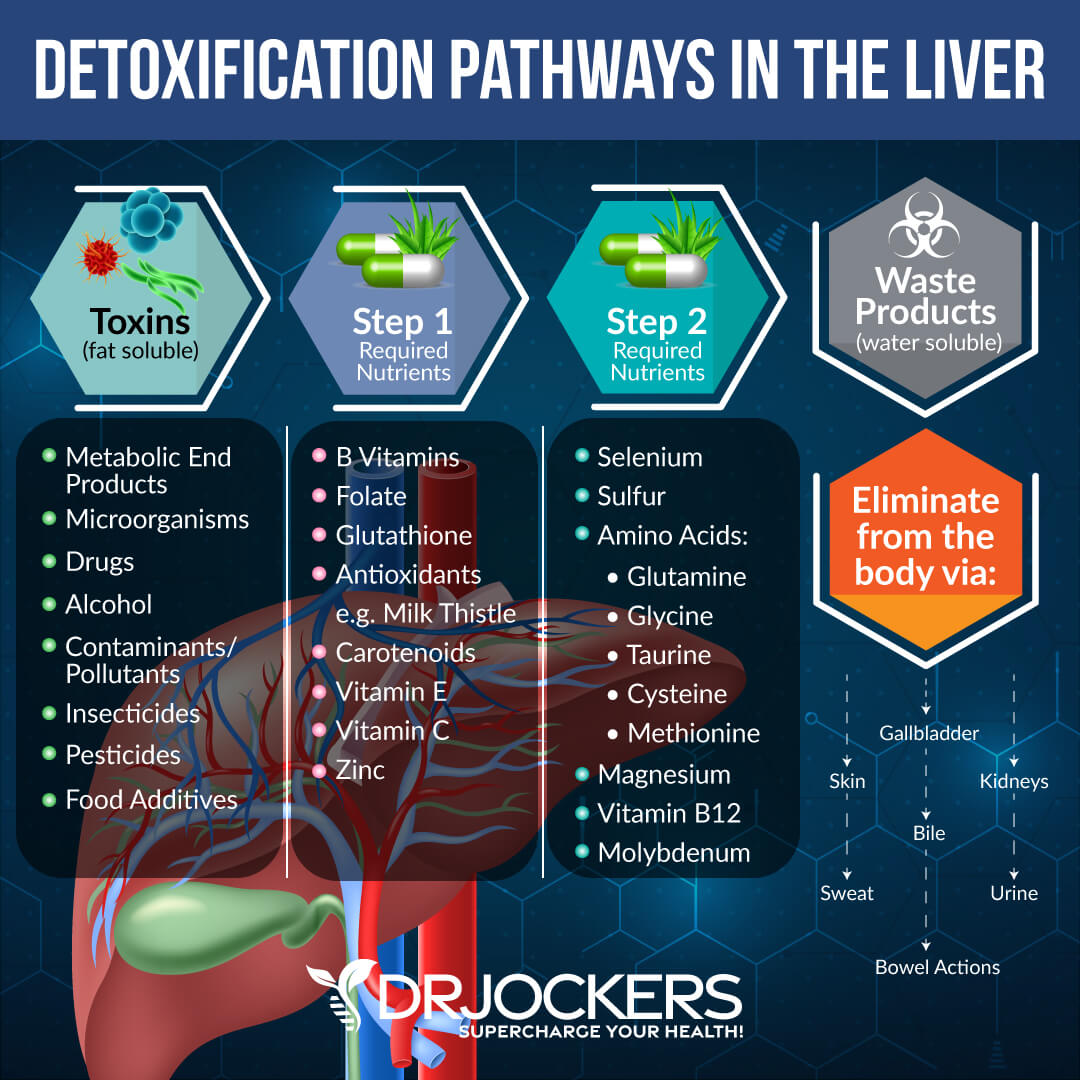
Thyroid and Adrenal Problems During Perimenopause
The decline of estrogen during perimenopause is not only associated with an array of symptoms but may also affect your thyroid function. According to a study on estrogen and thyroid receptors, estrogen levels may affect your thyroid function and a decrease in estrogen may increase the risk of thyroid disorders.
Hypothyroidism, one of the most common thyroid disorders. The symptoms of perimenopause and hyperthyroidism can overlap and may increase the symptoms of perimenopause. However, research also suggests that successful treatment and management of thyroid disorders may lower menopause symptoms (28, 29).
Adrenal fatigue happens because of improper hormonal output from the adrenal gland. It is characterized by a number of symptoms, including fatigue, slowed metabolism, weight gain, infertility, decreased immunity, brain fog, and mood changes. Since the symptoms of adrenal fatigue, thyroid conditions and perimenopause may be similar, they can be easily confused sometimes.
In many cases, adrenal fatigue and thyroid conditions may go hand in hand and occur at the same time. The overlapping of symptoms and the co-occurrence of thyroid and adrenal problems with perimenopause may result in prolonging your symptoms of perimenopause.
Since the adrenal hormones play an important role in menstruation and sexual function, perimenopause affects the adrenal hormones. When estrogen and progesterone levels drop, your adrenal glands run to help out in order to make the transition process of perimenopause smooth. However, if your adrenal glands are already overworked and fatigued, they may have a difficult time doing their job.
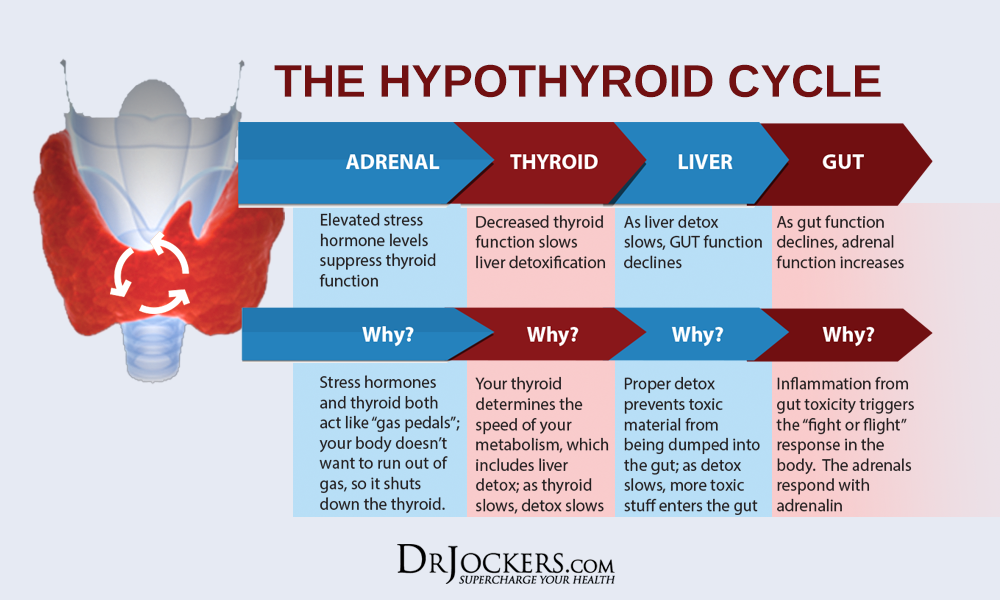
Solutions for Symptoms of Perimenopause
Now that you under what is happening with your body during perimenopause, which symptoms to expect, and what things may prolong or worsen these symptoms, it’s time to learn about some solutions.
I will share with you some effective and natural dietary and lifestyle strategies to help you reduce and shorten your symptoms of perimenopause.
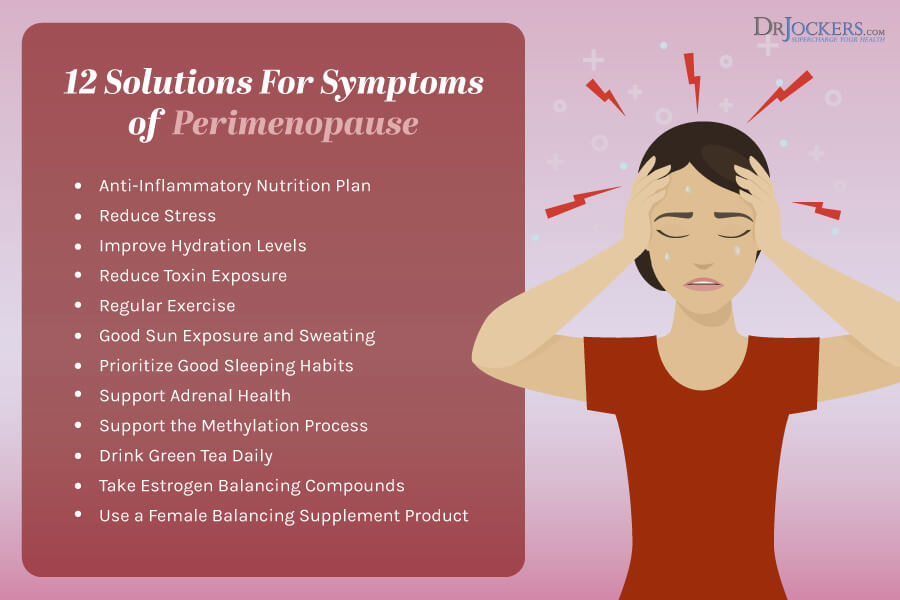
Anti-Inflammatory Nutrition Plan
One of the major lifestyle influences that may impact your symptoms of menopause and which you can control is the food you eat. Eating a diet high in inflammatory foods can lead to inflammation, which may increase your risk of chronic pain and disease, such as heart disease, diabetes, cancer, kidney disease, stroke, and dental diseases. Increased inflammation may also increase and prolong your symptoms of perimenopause (30).
Eating an anti-inflammatory diet rich in greens, vegetables and fruits can help to reduce your symptoms of perimenopause. It can reduce inflammation, improve your adrenal and thyroid function, regulate your blood sugar, balance your gut flora, and better your immunity, all of which can affect your perimenopause symptoms. An anti-inflammatory diet will help to build strong bones and prevent bone loss, which is a common risk during menopause and post-menopause. Eating a nutrient-dense, anti-inflammatory diet can help you maintain a healthy weight while effectively fighting perimenopausal belly fat (31, 32, 33, 34).
Remove inflammatory foods from your diet, including sugar, refined carbohydrates, processed food, deep-fried foods and bad fats, such as saturated and trans fats along with gluten, casein, MSG, artificial ingredients, grain-fed meat, and eggs. Focus on nutrient-dense, anti-inflammatory foods, such as greens, vegetables, fruits, herbs, spices, raw nuts and seeds, healthy fats, such as avocados, coconut oil, and gee, wild-caught fish, grass-fed meat, and organic eggs.
You can learn more about my anti-inflammatory healing diet here and my top favorite anti-inflammatory herbs here.

Reduce Stress
As you’ve learned earlier, chronic stress may increase your symptoms of perimenopause. Since the symptoms of chronic stress are often similar to the signs of perimenopause, it may increase your discomfort and prolong your perimenopause experience.
When it comes to symptoms of perimenopause, reducing your stress levels is incredibly important. Regular meditation, breathing exercises, and relaxation techniques can help you respond to stress better and create more calm in your life.
Journaling can help with processing your thoughts and emotions and releasing sadness, anger, and frustration in a positive manner. Regular exercise, yoga, spending time in nature, coloring, laughter, smiling, playing with pets, and spending time with loved ones are all effective ways to decrease stress and increase happiness in your life.
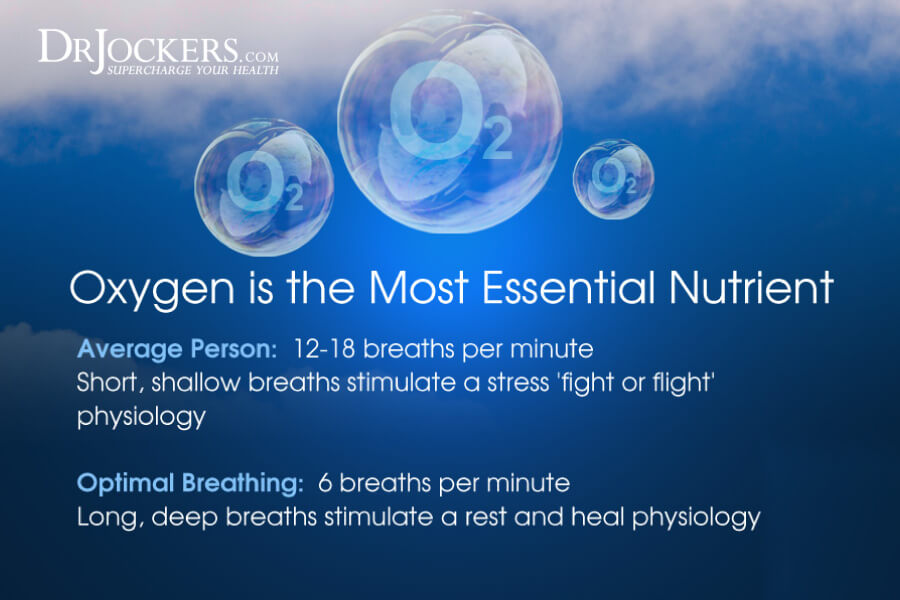
Improve Hydration Levels
As a result of decreased estrogen, women during perimenopause often experience dryness and dehydration. Many women also notice increased bloating due to hormonal changes. Drinking adequate amounts of water is incredibly important during this time.
Proper hydration can reduce dryness, speed up your metabolism, reduce overeating, increase the feeling of fullness, reduce bloating, and consequently help you maintain a healthy weight and support your overall health. Make sure to drink 8 to 10 glasses of water a day, more if you are exercising or hanging out in the sun, sitting in a sauna, feeling sick, or dehydrated (35, 36).
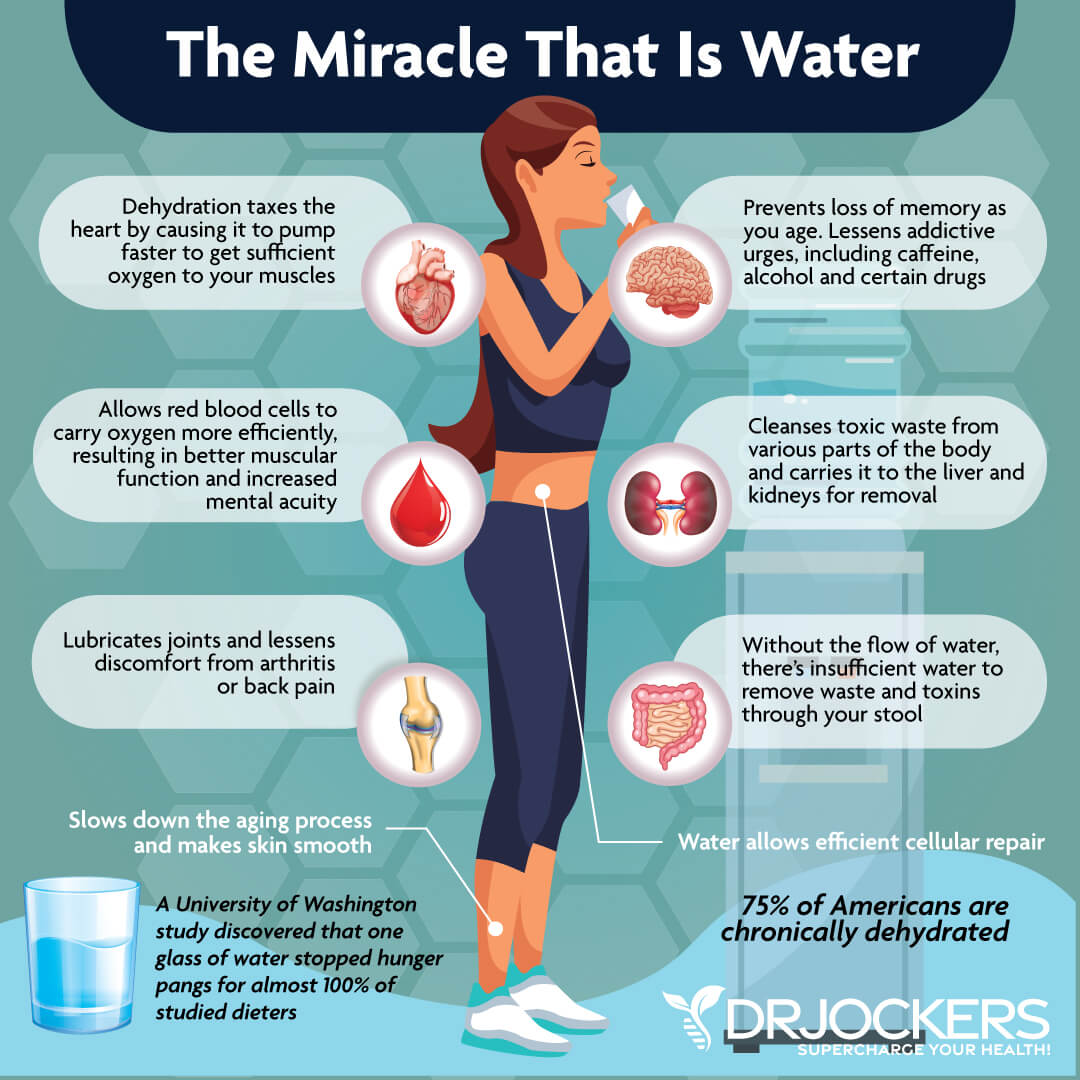
Reduce Toxin Exposure
As you’ve learned, toxins are hiding everywhere. They are in your household, beauty and hygiene products, foods, and the air you breathe. Eating a nutrient-dense, organic, whole foods diet can help you eliminate toxins from your food, however, it is crucial that you pay attention to non-food products you are buying as well.
Avoid plastic bottles and plastic packaging whenever possible. Be particularly cautious about avoiding BPA-containing products and phthalates and triclosan in beauty products as well as dioxin in household cleaners. They are endocrine disruptors, xenoestrogens, and carcinogens.
Read the ingredients on every product you buy. Avoid conventional products whenever possible. Buy products made with organic and natural ingredients. Make your own products. There are plenty of simple and natural recipes online for effective household, beauty and hygiene products.
Furthermore, make sure that there is no mold in your home as mold can lead to all sorts of health problems. Avoid using Teflon coated dishes. Perfluorinated (PFCs) chemicals that are used to make Teflon and nonstick coating can accumulate in the body, increase inflammation and lead to health issues, including cancer. Get the dust under control in your house and use a good vacuum with a strong HEPA filter. If you are a smoker, stop smoking, and avoid second-hand smoking as much as possible (37).
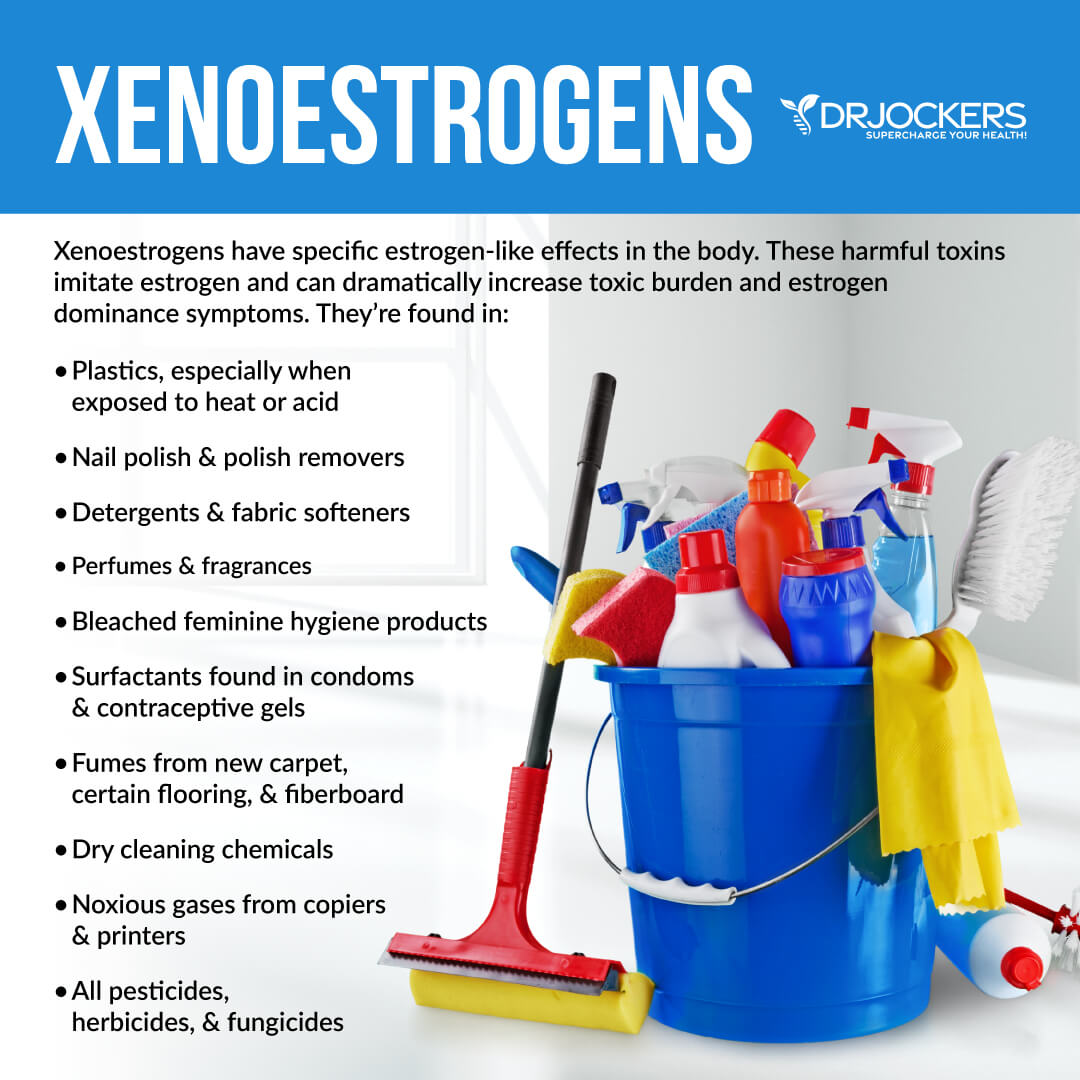
Regular Exercise
During perimenopause, many women experience increased fatigue, weight gain, and mood swings. While you may feel that you are too tired to exercise, in reality, physical movement can actually increase your energy. The benefits of regular exercise include reduced stress, better sleep, healthier bones, and lower risk of obesity, osteoporosis, heart disease, diabetes and cancer (38, 39, 40, 41).
Research has found that just three hours of exercise a week can greatly improve the physical and mental health of women during perimenopause and menopause. Research has also found that yoga is particularly beneficial for those dealing with symptoms of perimenopause.
However, it is important to find a variety of exercises you enjoy. Try out different things and pick what you love. A nice hike in nature, a Pilates class, yoga, swimming, running, weight training and other forms of movement are all beneficial for your health (42, 43).
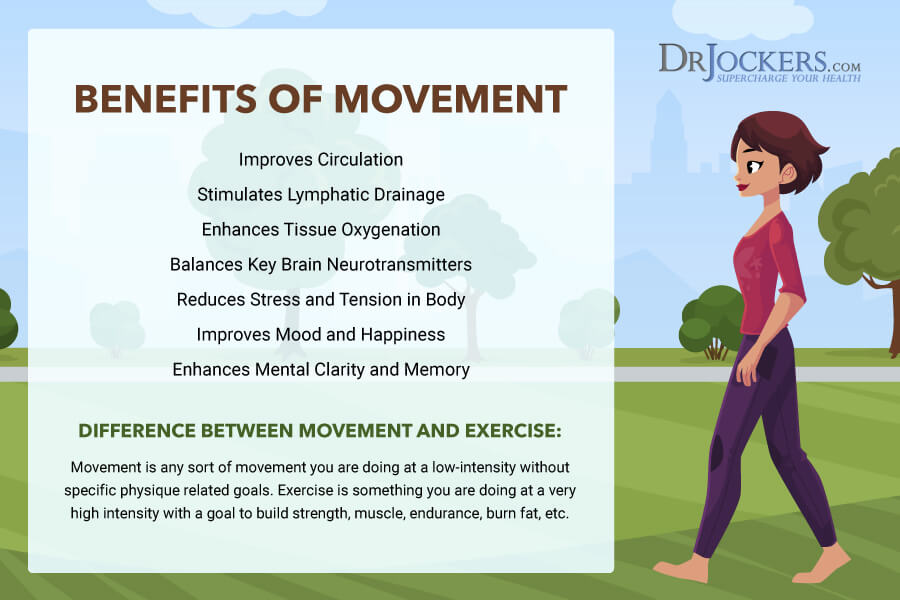
Good Sun Exposure and Sweating
Hormonal changes during perimenopause can weaken your bones and increase your risk of osteoporosis. Research shows that an adequate level of vitamin D is essential for bone health and is associated with a lower risk of weak bones and fractures in postmenopausal women. Perimenopause is the perfect time to set yourself up for success and lower your risk of bone weakness during postmenopause (44).
Ideally, sunlight is the best source of vitamin D. However, you may live in a climate that doesn’t see the sun often or you may spend too much time indoors. As a result of indoor living and cloudy climates, most people can benefit from vitamin D supplementation. Since vitamin D and K work together for perfect absorption to ensure that calcium reaches your bones to protect them, I recommend taking a vitamin D3/K2 supplement daily.
Don’t forget about the sun though. Sun exposure is incredibly important and beneficial for your mental health, including mood swings, irritability, and depression during perimenopause. Sunlight can increase serotonin in your body which boosts your mood. Go for a nice walk outside or do some grounding out in the sun. You may also benefit from a light therapy called phototherapy during cloudier and colder months (45).
Besides receiving vitamin D and the associated mental health benefits, being out in the sun may increase sweating. Sweating is incredibly important for detoxification and reducing inflammation and pain. Saunas are another way to stimulate sweating.
Infrared saunas can help your body to maximize toxic elimination through respiratory channels. The heaters in infrared saunas emit radiant heat which helps your body perspire at an average of 80% water and 20% waste and toxins. They are incredibly effective compared to traditional saunas using air and steam that result in a 97% water and 3% toxin ratio (46, 47).

Prioritize Good Sleeping Habits
Good sleeping habits are non-negotiable when it comes to areas that you may struggle with during perimenopause, such as lowering your stress levels, supporting your mood, and maintaining a healthy weight. Getting seven to nine hours of sleep is incredibly important to support your overall health and to reduce your symptoms of perimenopause (48).
Make sure to exercise regularly and eat a healthy diet to support your sleep cycle. Avoid eating processed sugars and drinking caffeinated drinks, especially in the afternoon or evening. Stick to a regular sleep and wake cycle. Develop a nighttime routine that works for you.
Limit blue-light exposure by using amber lights that block harmful wavelength lights from electronic devices. Turn off electronics several hours before bedtime. Engage in calming activities, such as board games, crossword puzzles, reading, journaling, stretching, and meditation.

Support Adrenal Health
Supporting your adrenal health and lowering stress is one of the key strategies to reduce your symptoms of perimenopause. Adaptogenic herbs have many benefits including lowering and stabilizing your stress hormones. Elevated cortisol levels can drain your estrogen, progesterone and testosterone hormones and make your perimenopause experience more difficult. Stable cortisol levels, on the other hand, can increase your energy levels, help your sleep, boost your mental health, improve your mental clarity, and lower your perimenopause symptoms.
Adapt Strong is a powerful supplement I recommend my patients and female friends regularly. It is filled with potent adaptogenic herbs, including Panax ginseng, eleuthero, Schisandra, and Rhodiola, as well as vitamins B5, B6, and C, and licorice root to support your adrenal health and reduce symptoms of perimenopause. Take it in the morning to support your adrenal health throughout the day.
Cortisol Defense is another fantastic supplement I recommend to support your adrenal health. With the help of lemon balm, ashwagandha, l-theanine, banana leaf, and maral extract, it is powerful at lowering cortisol and reducing stress that can prolong your symptoms of perimenopause. Take it every evening. It can help your body to recover from everyday stress, alleviate fatigue, promote mental clarity, support sleep, enhance relaxation, and reduce symptoms of perimenopause.
Support the Methylation Process
Methylation is a critical process that happens trillions of times each minute in every cell in your body. It is one of the most important metabolic functions in your body which helps your ability to adapt to stress and to delay the aging process. It helps to regulate your cellular energy, aging, liver detoxification, energy production, gene expression, and neurological health.
Methylation problems may lead to chronic inflammation, hormonal problems, chronic fatigue, diabetes, cancer, and more. Stress is a major culprit that may interfere with the methylation process. Deficiencies in some main nutrients, including zinc, magnesium, B2, B6, B12, folate, and niacin may result in problems as well. To avoid any problems related to the methylation process, it is important that you eat plenty of green leafy vegetables and take methylated B vitamins, such as Methyl Power (49, 50, 51).
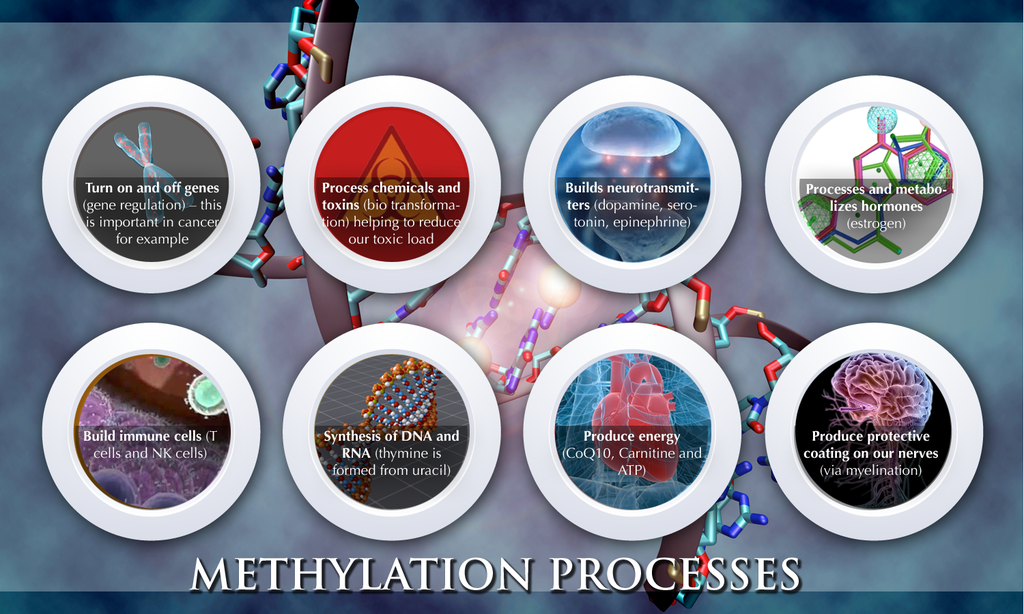
Drink Green Tea Daily
Drinking a glass of green tea daily may be beneficial for maintaining a healthy weight and bones during this time of hormonal transition. Green tea is not only delicious, but it’s also full of antioxidants and epigallocatechin gallate, or EGCG.
EGCG can boost your metabolism and help you lower the risk of weight gain and belly fat during perimenopause. Research has shown that green tea may be effective in boosting your metabolism, strengthening your bones and decreasing your risk of bone fracture, which may be particularly beneficial during perimenopause (52).
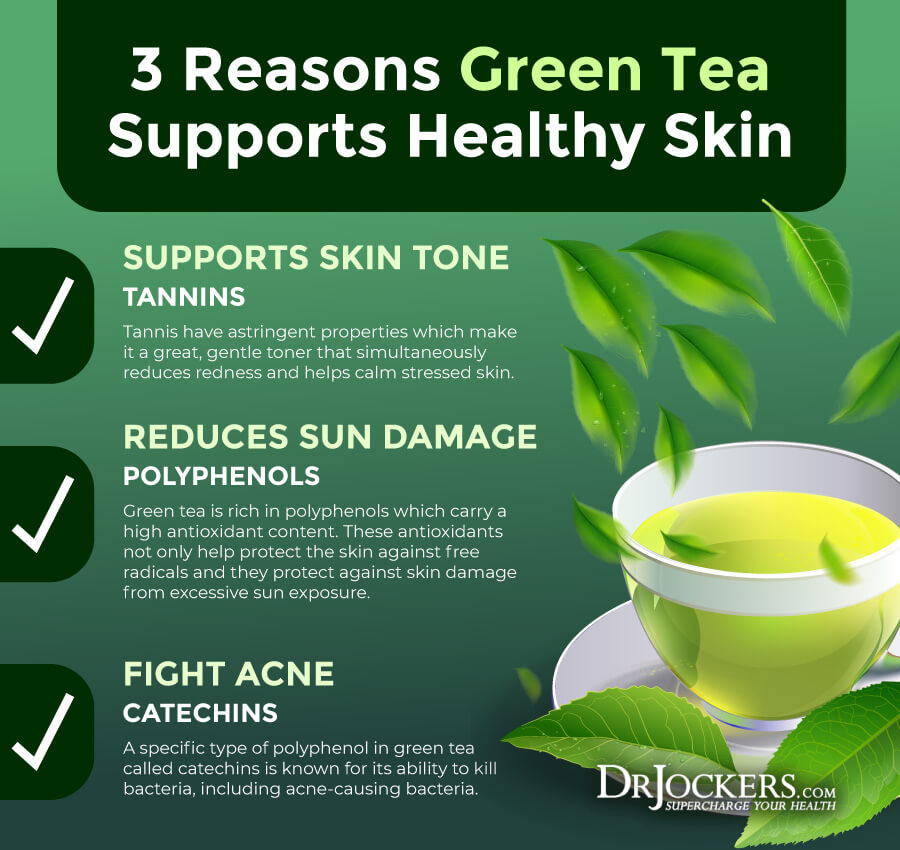
Estrogen-Balancing Compounds
Estrogen-balancing compounds, such as Di-Indole Methane, Calcium D-glutcarate, black cohosh root, chrysin and chaste tree, may be beneficial for your health and lowering your symptoms of perimenopause.
Di-Indole Methane
Di-Indole Methane, or DIM can be found in cruciferous vegetables, broccoli, and various supplements. It has been shown to reduce symptoms of perimenopause, support hormonal balance, and lower the risk of breast and cervical cancer (53).
Calcium D-Glucarate
Calcium D-Glucarate may support liver detoxification and your digestion. It may help your body to effectively deal with chemical exposure in your food, water, air and environment that may interfere with your metabolism and overall health. As a result, it may help fight symptoms of perimenopause, such as fatigue, weight gain, hot flashes, night sweats, and mood swings.

Black Cohosh Root
Black cohosh root is particularly beneficial for women dealing with hot flashes and vaginal dryness. Research has found that it can be effective in reducing these symptoms during perimenopause. Most commonly it is ingested as a pill or as a tea.
It may also be part of an alternative to hormone replacement therapy (HRT). If you have blood pressure or liver problems, black cohosh may not be right for you. Always consult your doctor before taking any herbal or natural supplements (53).
Chrysin
Chrysin is a type of flavonoid that occurs naturally in passionflower, honey, and bee propolis. It can offer protection and support for beneficial estrogen aromatase activity. It may also help hormonal balance, reduce inflammation, and lower anxiety during perimenopause (55).
Chaste Tree
Chasteberry tree or chaste tree may be beneficial for women dealing with perimenopause. Since it can increase progesterone, it can help maintain a hormonal balance between estrogen and progesterone. It can help decrease hot flashes and breast pain as well (56).
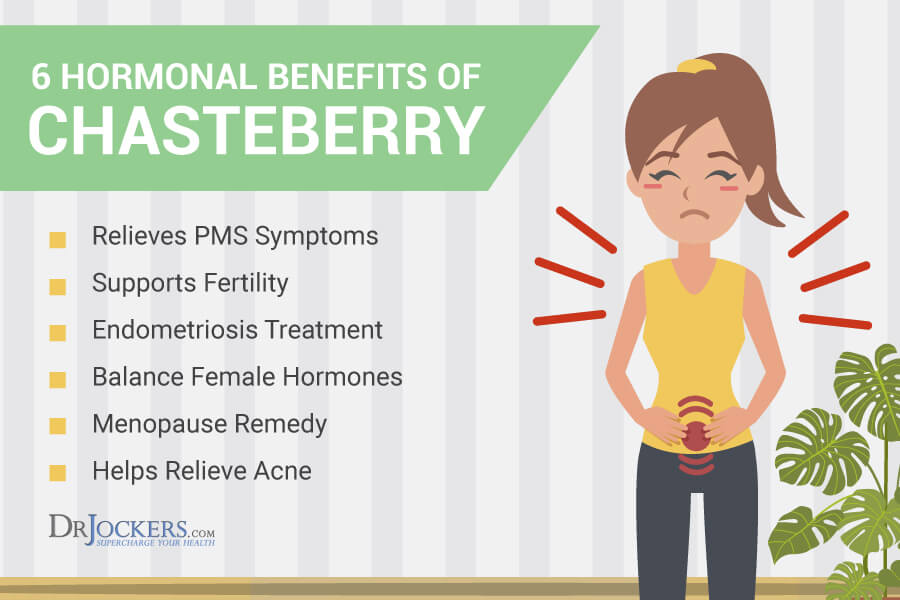
Use a Female Balancing Supplement Product
To receive the benefits form these fantastic estrogen-balancing compounds, I recommend a powerful female balancing supplement product, Fem Protect™ . My female patients love it for perimenopausal support and for reducing PMS symptoms.
It supports classic hormonal balancing in the form of vitex, polygonum and black cohosh, along with DIM and chrysin for protection and support of beneficial aromatase activity. It is a fantastic product for women who are dealing with symptoms of perimenopause or menopause, as well as women who are struggling with PMS, cramping, heavy bleeding, missed periods or infertility. Take two capsules twice a day to notice results quickly.
Final Thoughts on Perimenopause
Perimenopause is a natural transition that women go through during their 40s. During this time, your body undergoes some hormonal changes and begins to produce less estrogen. Perimenopause can come with a list of uncomfortable symptoms, but with the right natural dietary and lifestyle strategies you can reduce and shorten these symptoms and create health and happiness during perimenopause.
Eating a nutritious anti-inflammatory diet, reducing stress, improving hydration levels, reducing toxic exposure, getting regular exercise and sun exposure, sweating in an infrared sauna, ensuring good sleeping habits, assisting your adrenal health with Adapt Strong and Cortisol Defense, supporting the methylation process with leafy greens and methylated B vitamins, drinking green tea, and taking estrogen balancing compounds can significantly reduce and shorten your symptoms of perimenopause.
Fem Protect™ is a fantastic female balancing product that supports your body with the help of estrogen balancing compounds. It can reduce your symptoms of perimenopause and menopause, as well as help with PMS, cramping, heavy bleeding, missed periods or infertility. Take two capsules twice a day to notice results quickly. Try it and notice the difference in your health, well-being, and happiness.
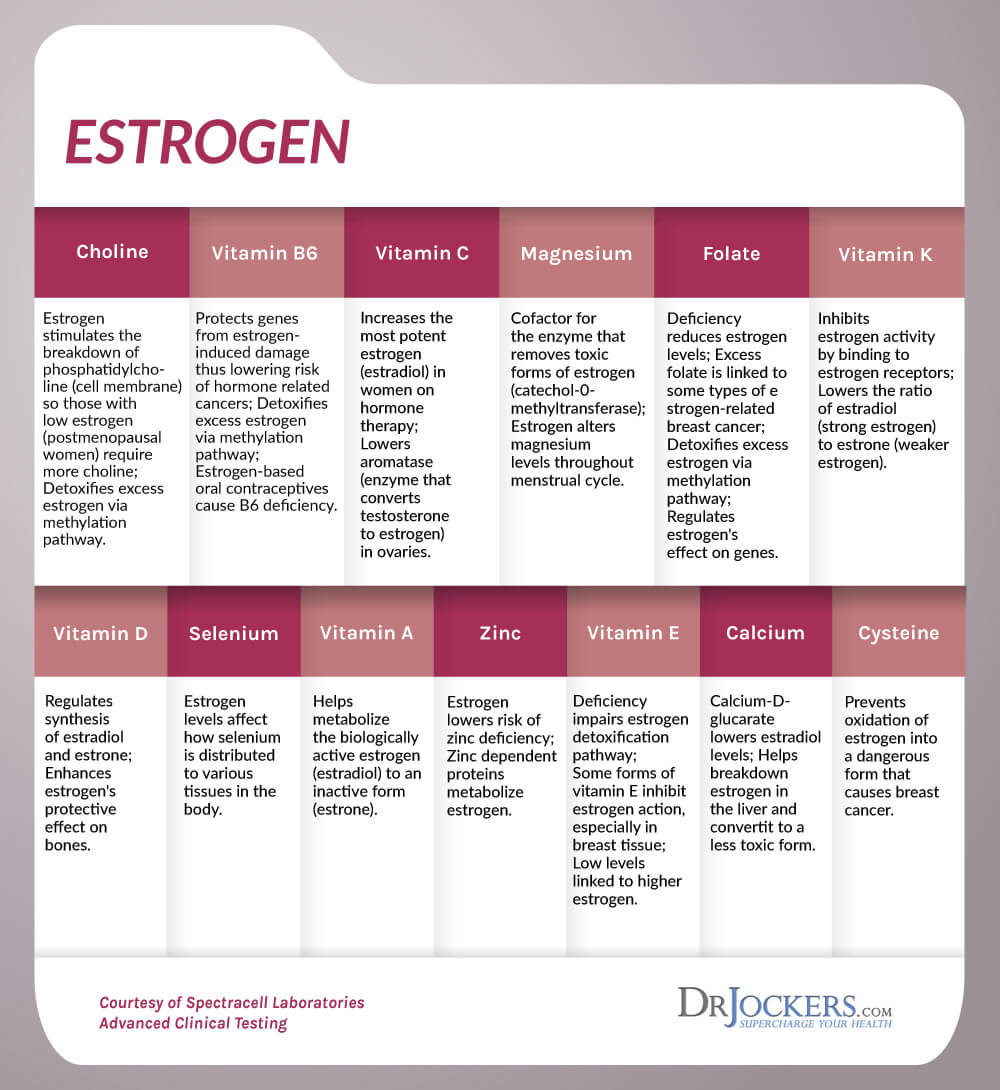
Inflammation Crushing Ebundle
The Inflammation Crushing Ebundle is designed to help you improve your brain, liver, immune system and discover the healing strategies, foods and recipes to burn fat, reduce inflammation and Thrive in Life!
As a doctor of natural medicine, I have spent the past 20 years studying the best healing strategies and worked with hundreds of coaching clients, helping them overcome chronic health conditions and optimize their overall health.
In our Inflammation Crushing Ebundle, I have put together my very best strategies to reduce inflammation and optimize your healing potential. Take a look at what you will get inside these valuable guides below!

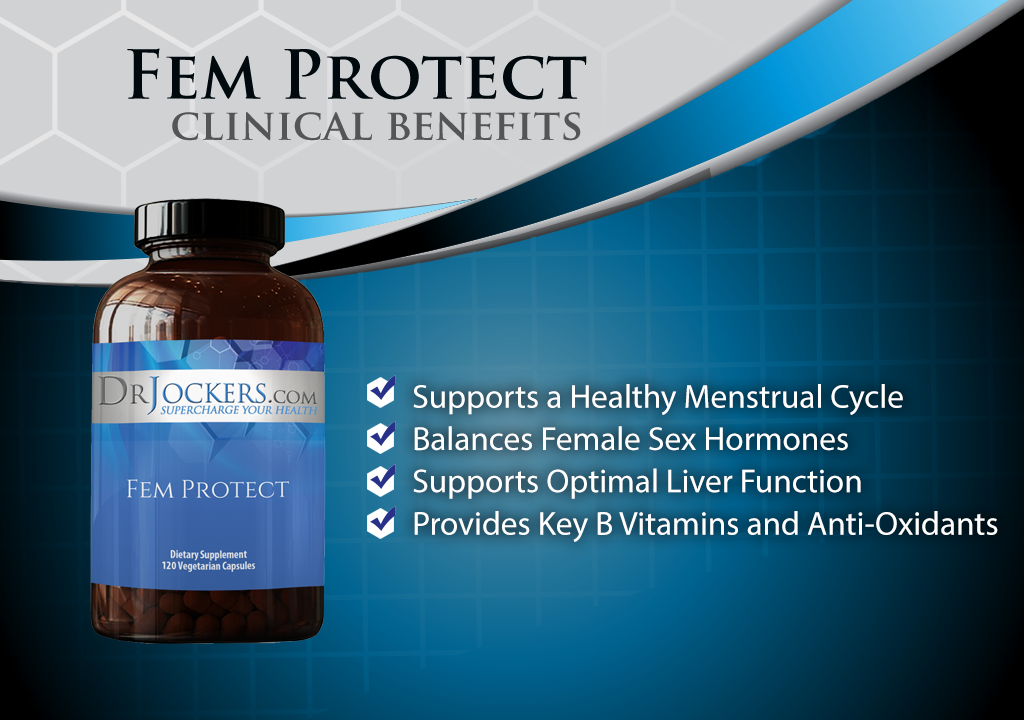




Thanks for all the info in this article, great information. Just curious what changes men go through as they age?
Thanks Janette!! Yes males go through andropause where they have a reduction in testosterone.
Is Fem Protect FDA registered? Do you have a dealer or distributor in the Philippines? I think a lot of Filipinas will buy this product.
It is not FDA registered as the FDA dosn’t evaluate nutritional supplements but it is GMP compliant. You can contact support@drjockers.com for affiliate questions on our supplements.
hi can i use your illustration of menopause on this post?
I’ll post your source, i promise you.
Yes you can Grace! No problem!
I really appreciate you saying so! I work for a women’s clinic in Korea. Your post was very helpful to me. If I have a chance, I’d really like to meet you.
Great source of information! Thank you!
Can I use your illustrations of menopause in my article (with source of course)?
Hi Milena, Yes, of course! Blessings!
Thank you!
you mentioned raw nuts as noninflammatory.. but i read somewhere or watched, that soaking nuts in water ferments them and hence the minerals in them become absorb-able.
Hey Vacheslav, You are correct. Soaking nuts before consumption is the best approach to remove the anti-nutrients these foods contain!
oh how is it possible not to love you?
Thanks for your support Vacheslav! Be blessed!
Hi, my name is Cheryl and I am 3 week post surgery from a radical hysterectomy due to endometrial cancer. I am wondering if there are suppliments or food recommended to help balance out some of the potential side effects/consequences of this surgery.
Thank you
Hey Cheryl,
Yes I would highly recommend the Fem Protect here: https://store.drjockers.com/products/fem-support?_pos=1&_sid=39e975995&_ss=r
I appreciate the information. It probably makes sense that this is the phase I am in. I thought the stress, and intense pain from of an injury on my scapular muscle ( tore a muscle healed wrong) was the reason I stopped my period, literally overnight. No symptoms before, no warning, hormone levels were normal. It has been 2 years before. I was regular and on time. I still ovulate, but no period.
I hate this phase because I had hoped, prayed, believed I would one day be married and have a child. I suppose 46 is too old for that. I am sad about it. I guess acceptance is the first step.
Sorry to hear that! Praying for peace and blessings over you!
Is the Fem support product also effective if you are post menopausal. I have never taken the hormones the doctor recommends and have some struggles.
Yes absolutely it can be used in post menopausal as well to reduce hot flashes and other issues related to estrogen and progesterone decline.